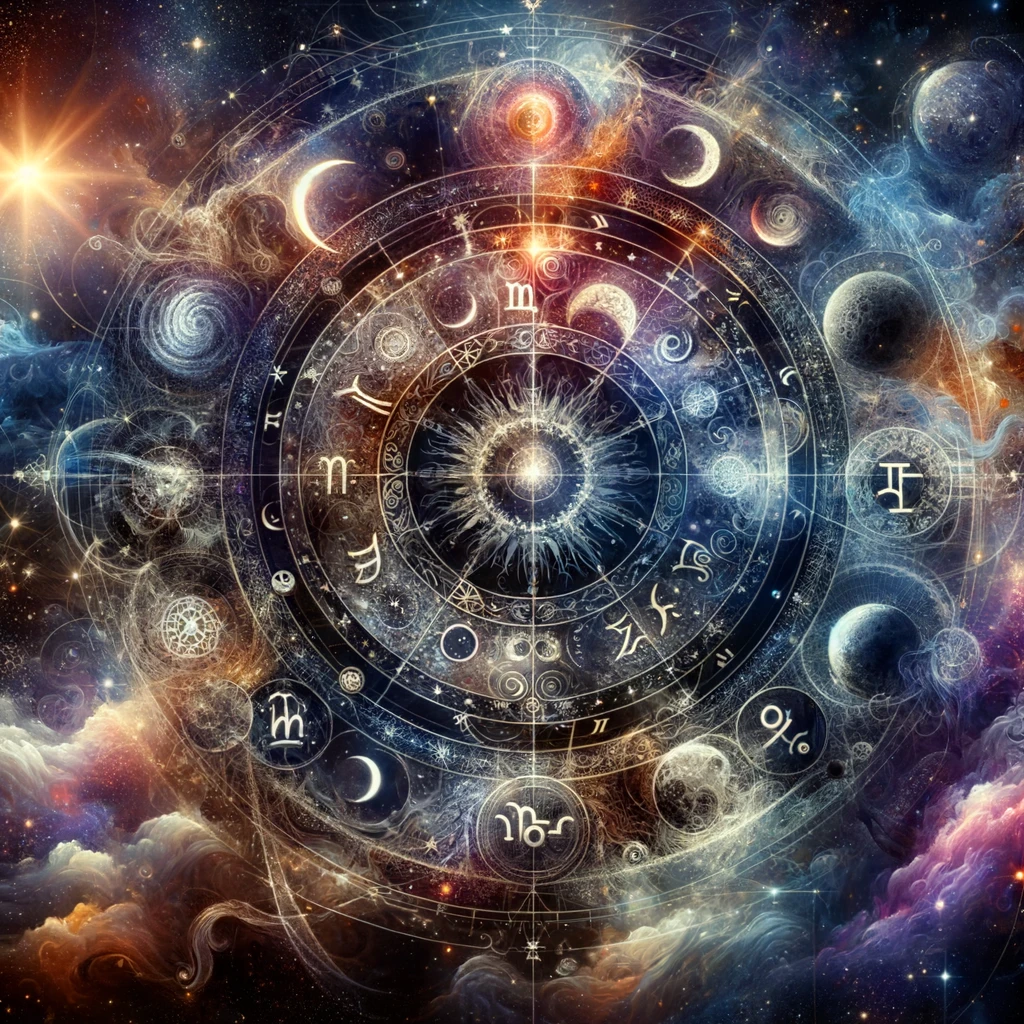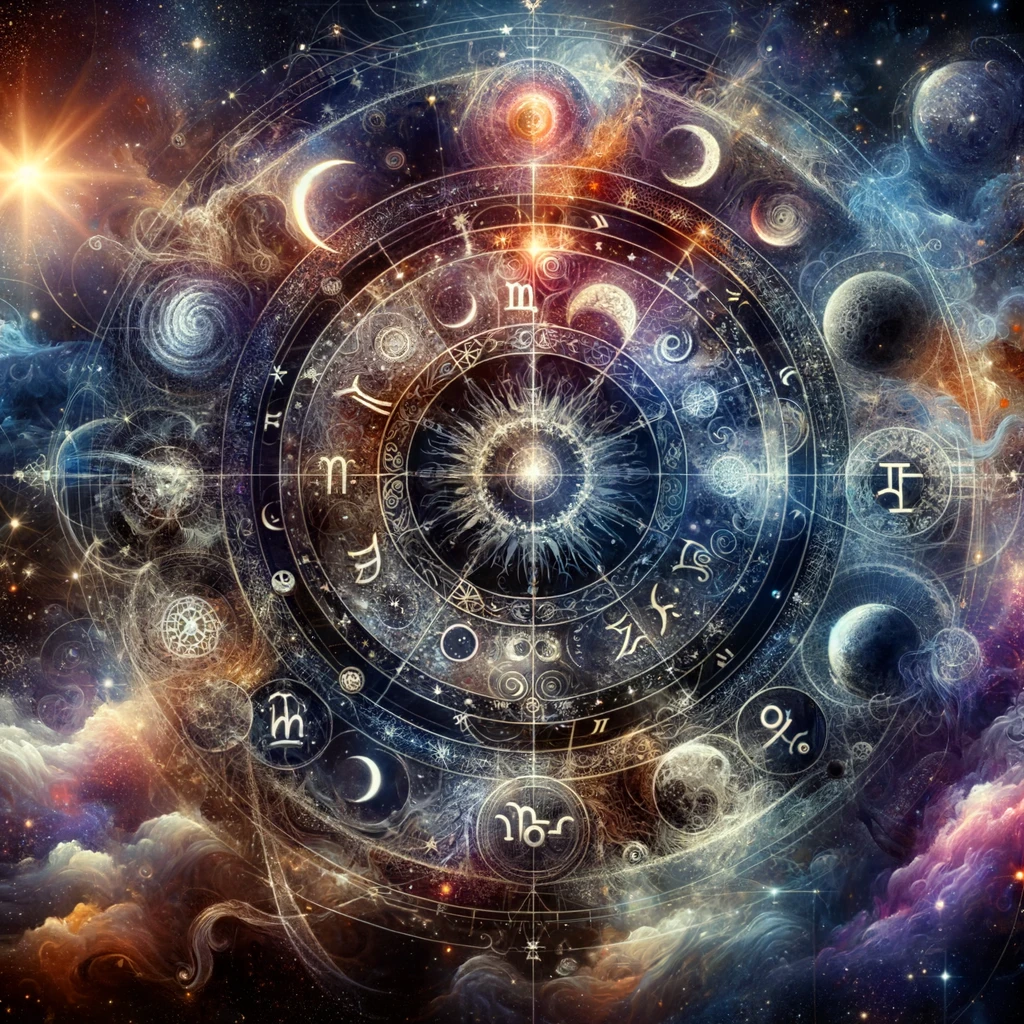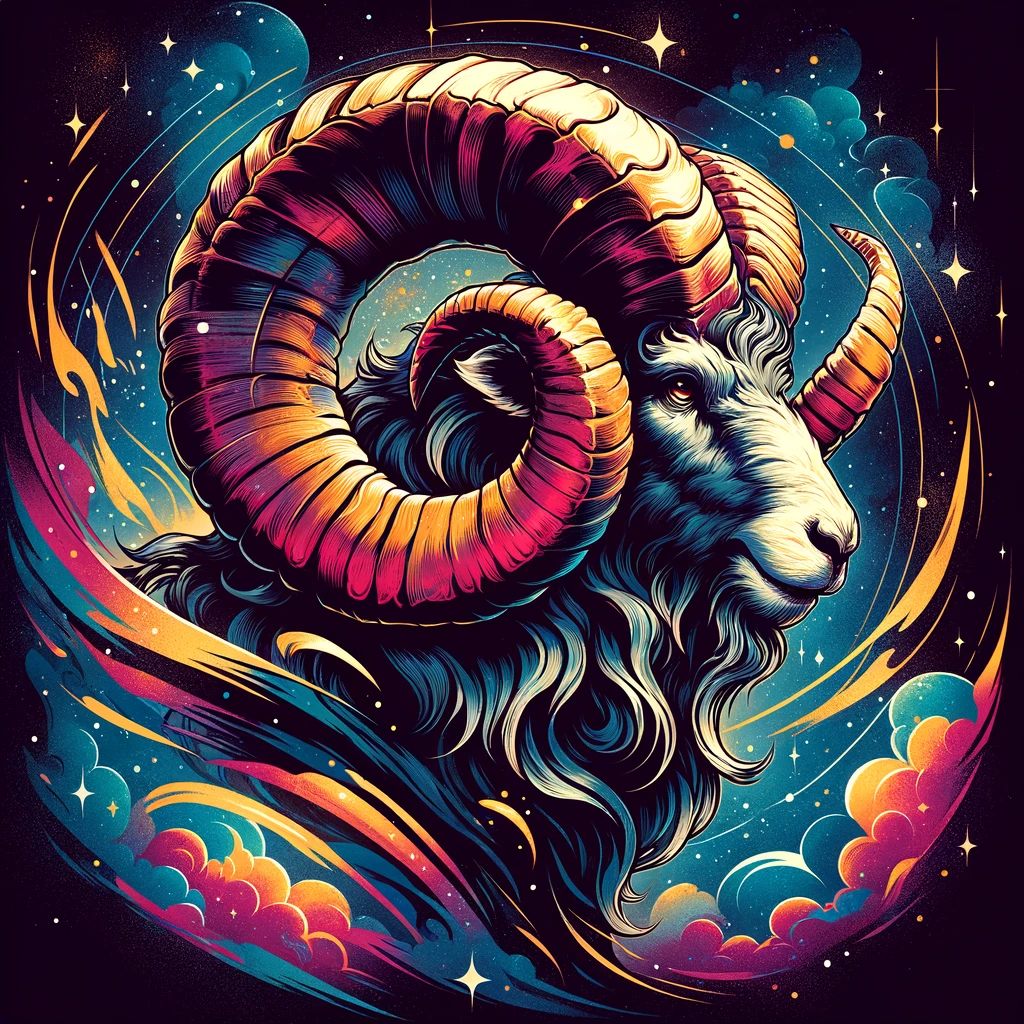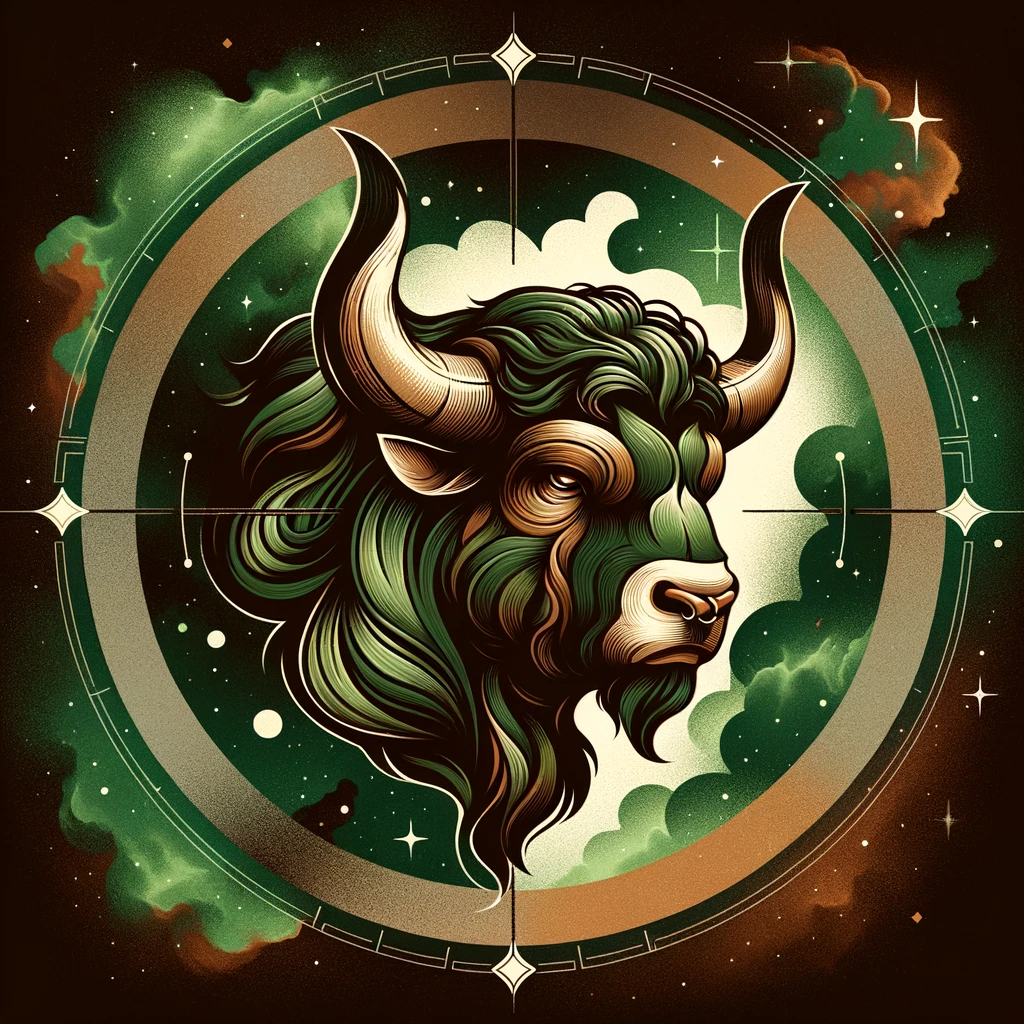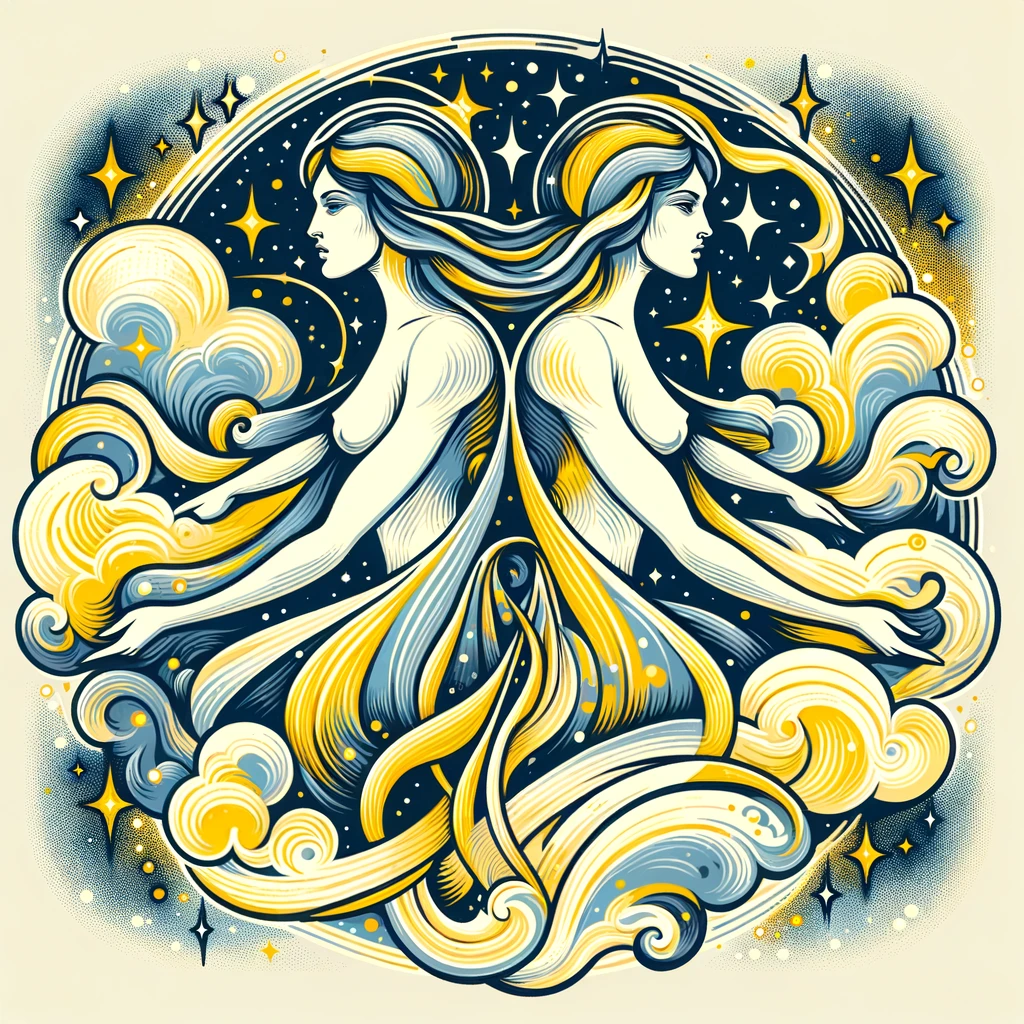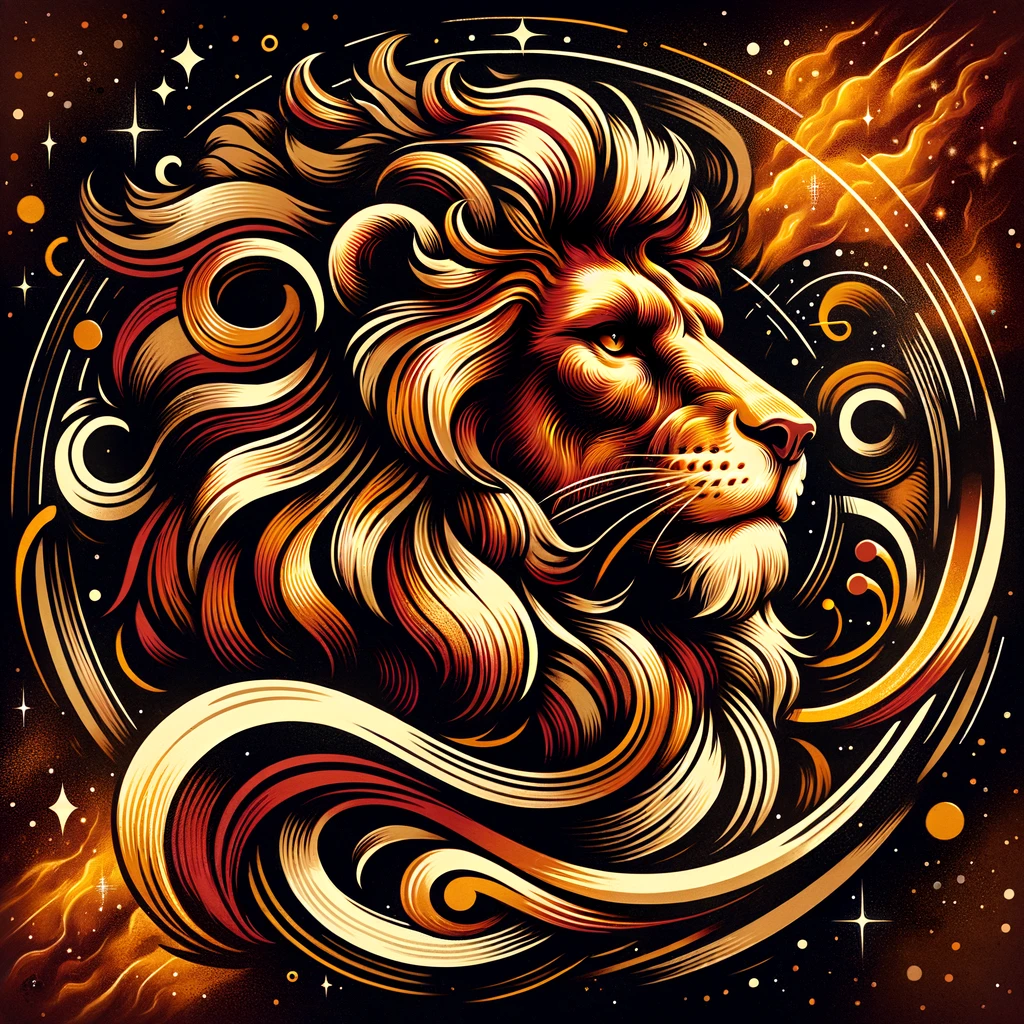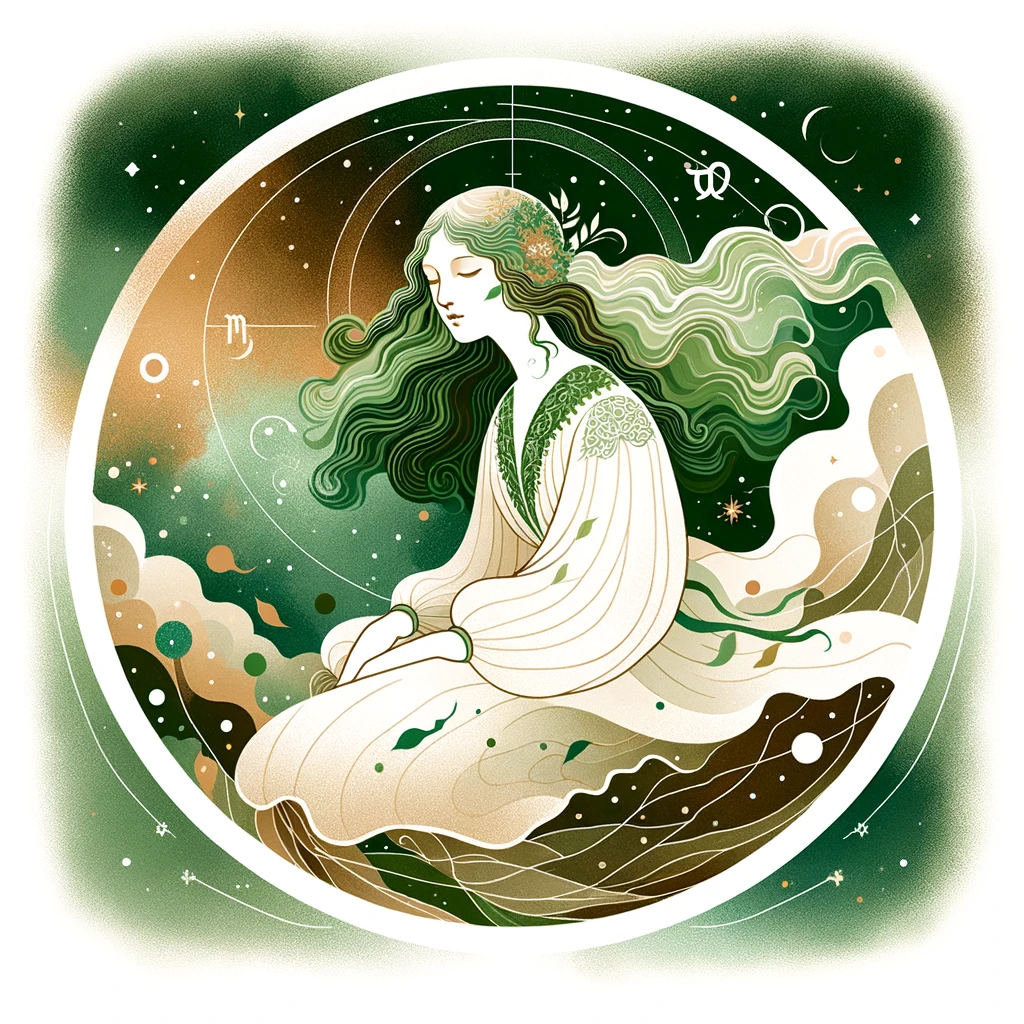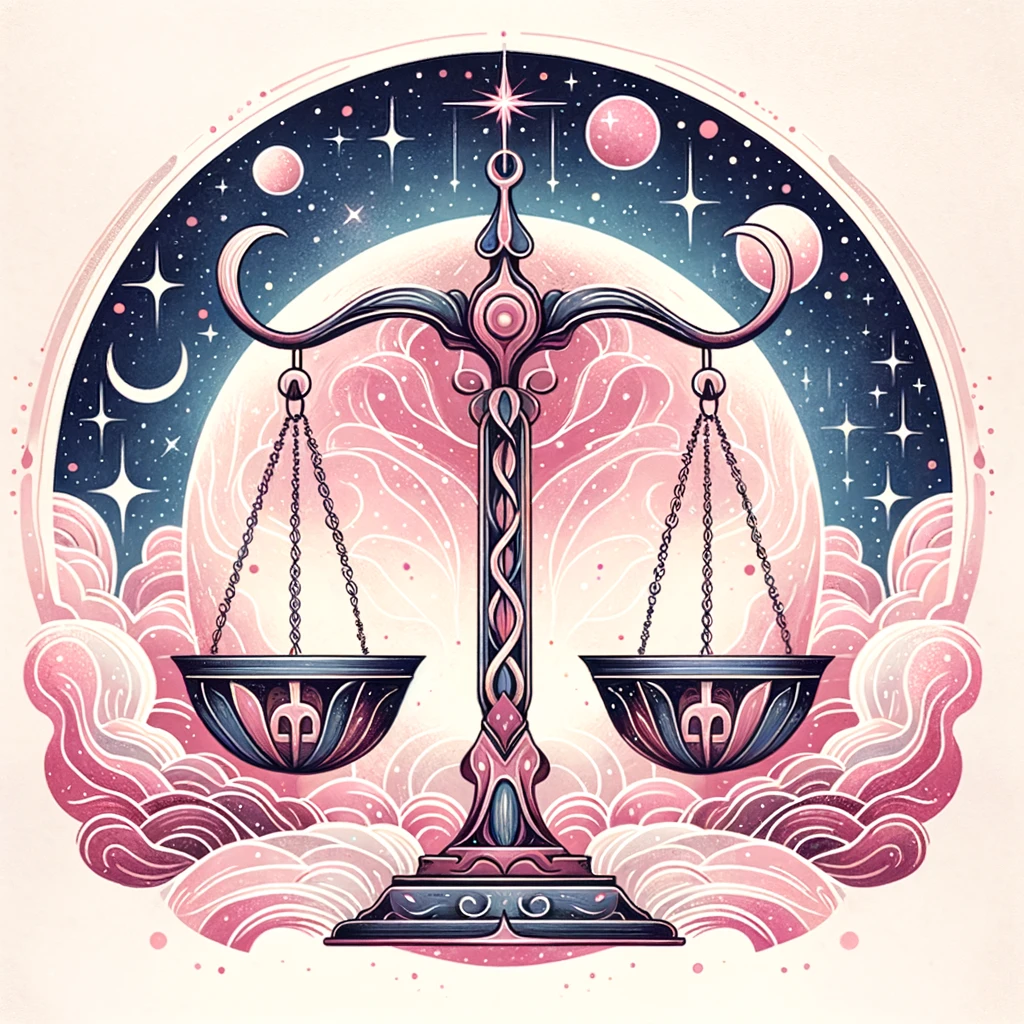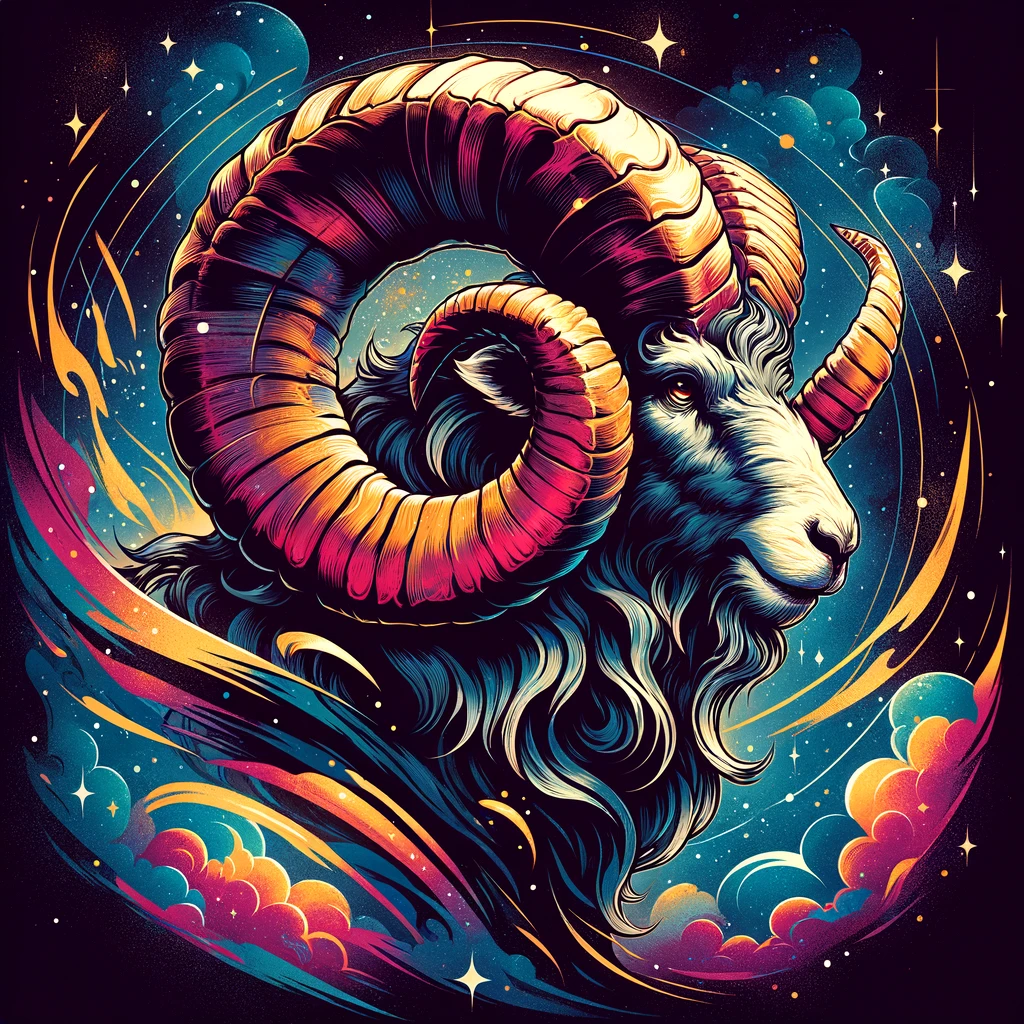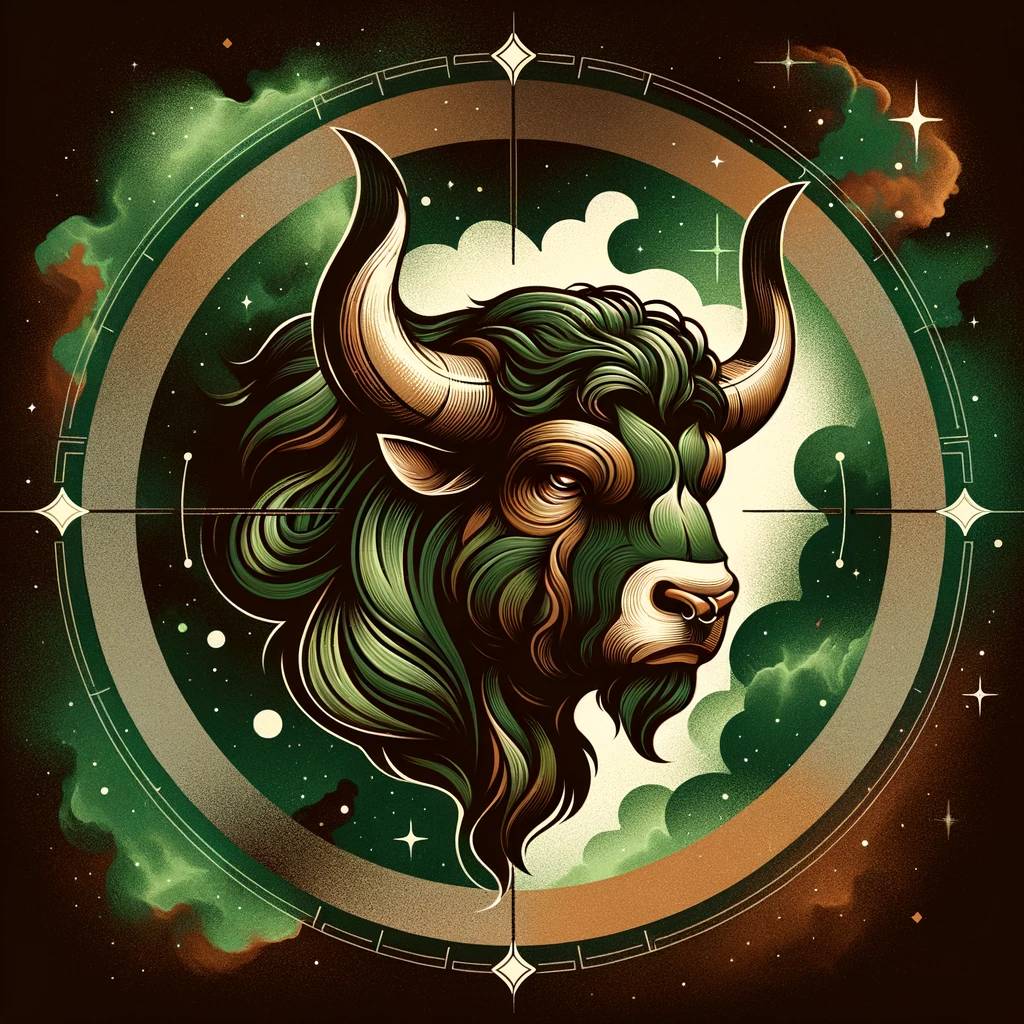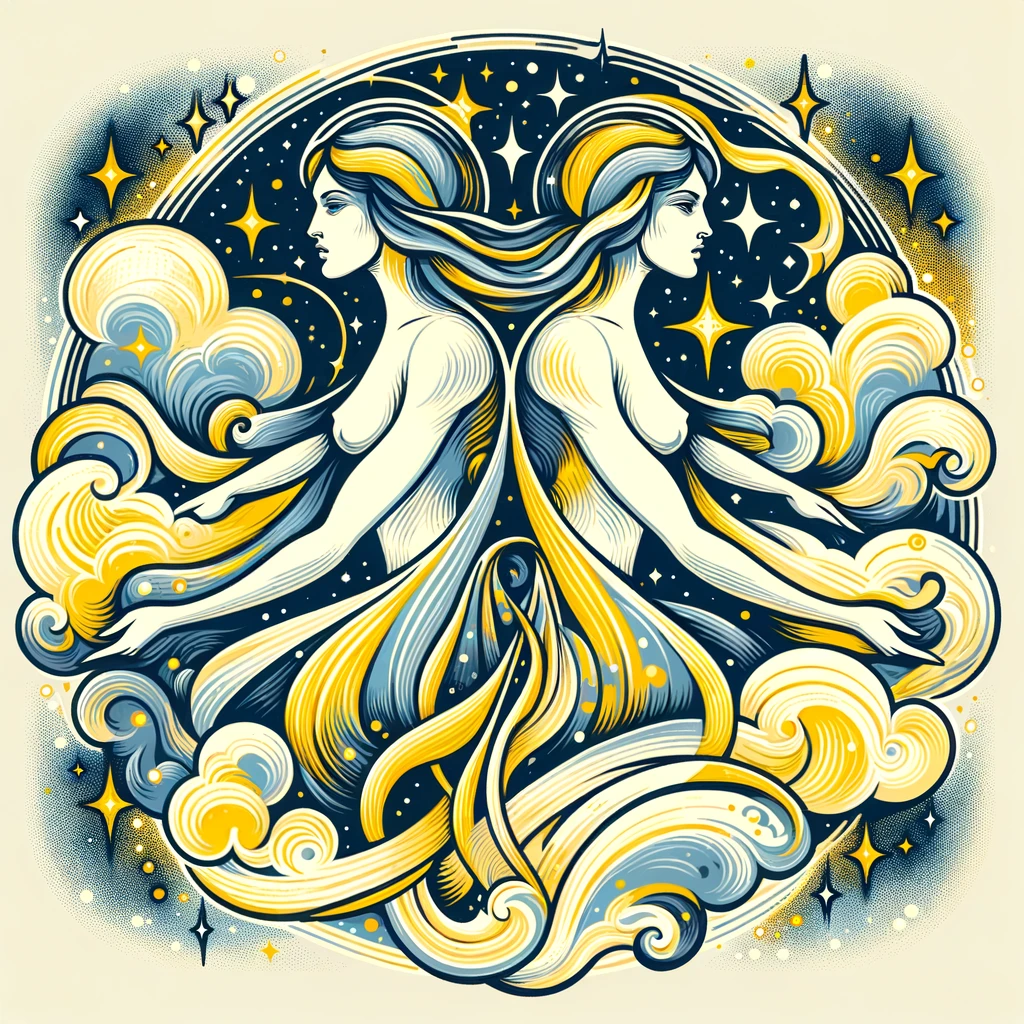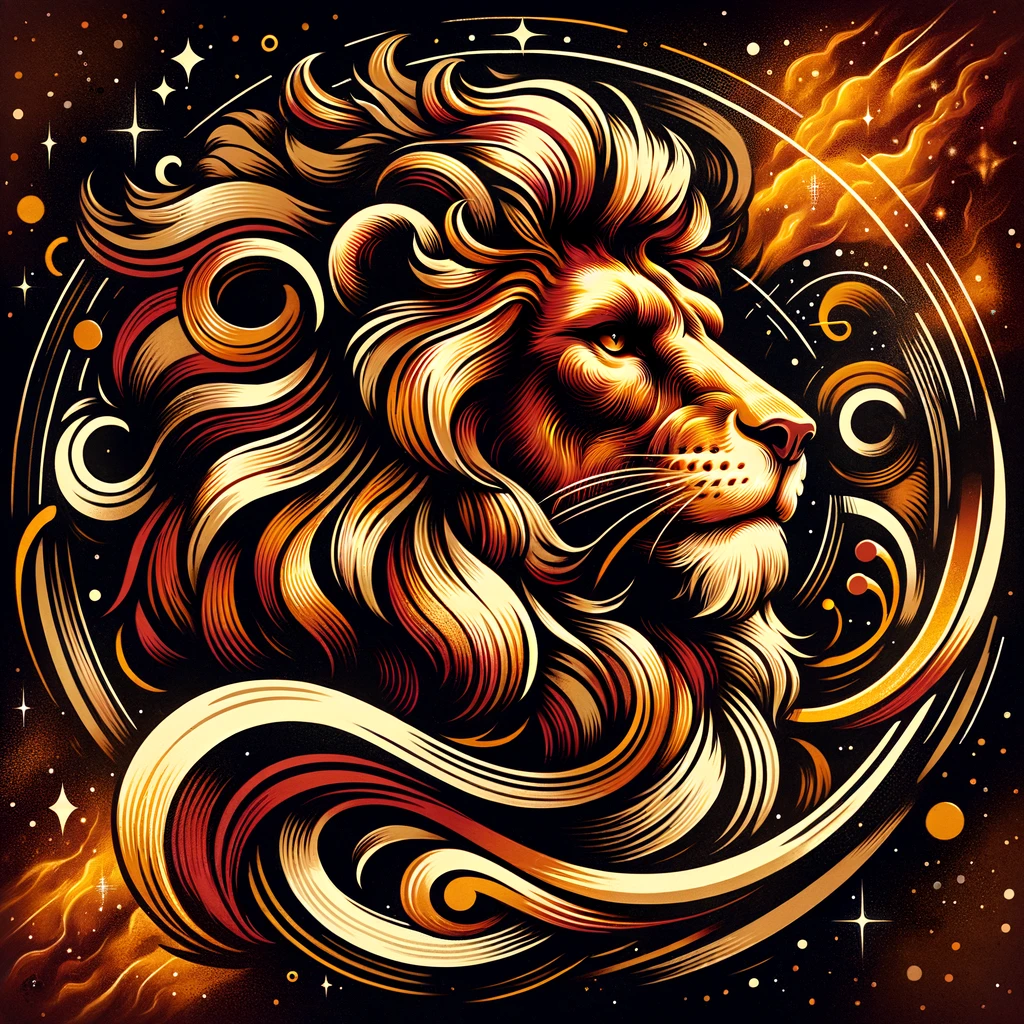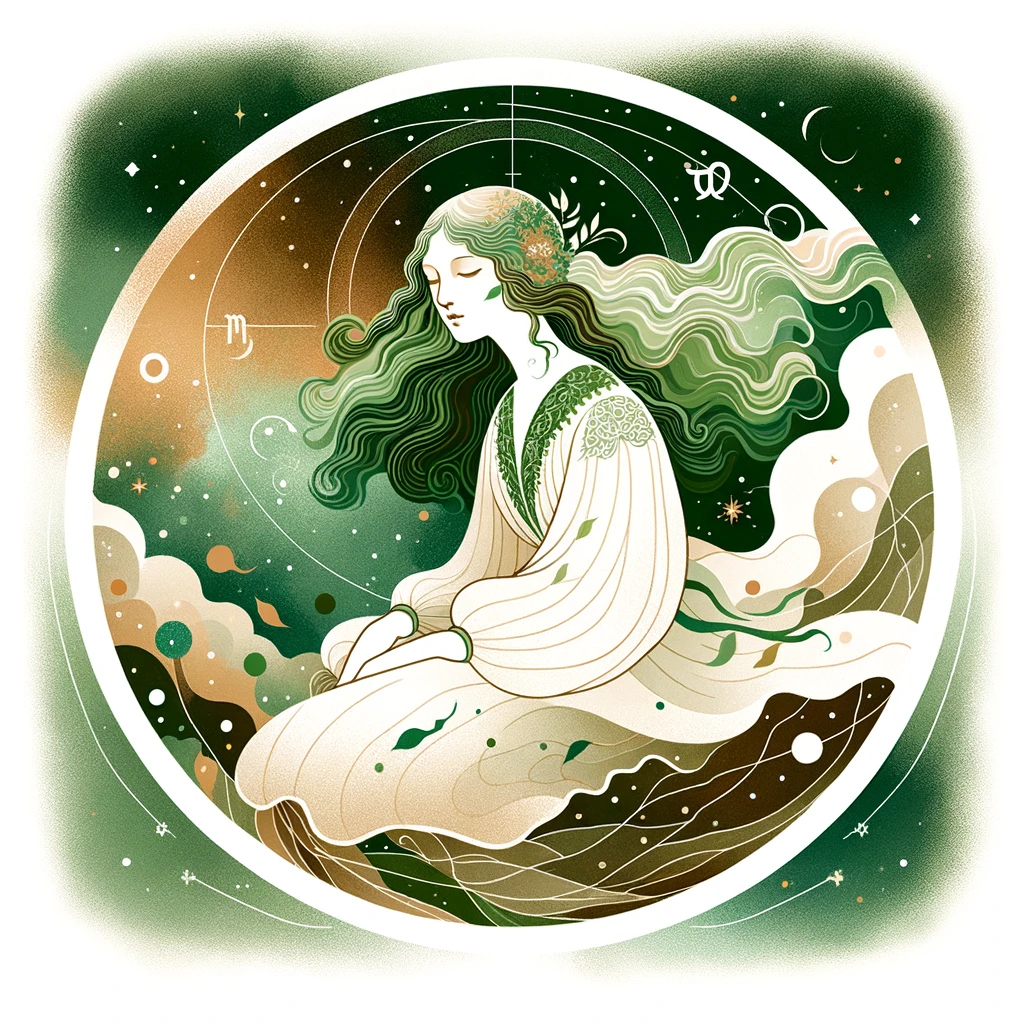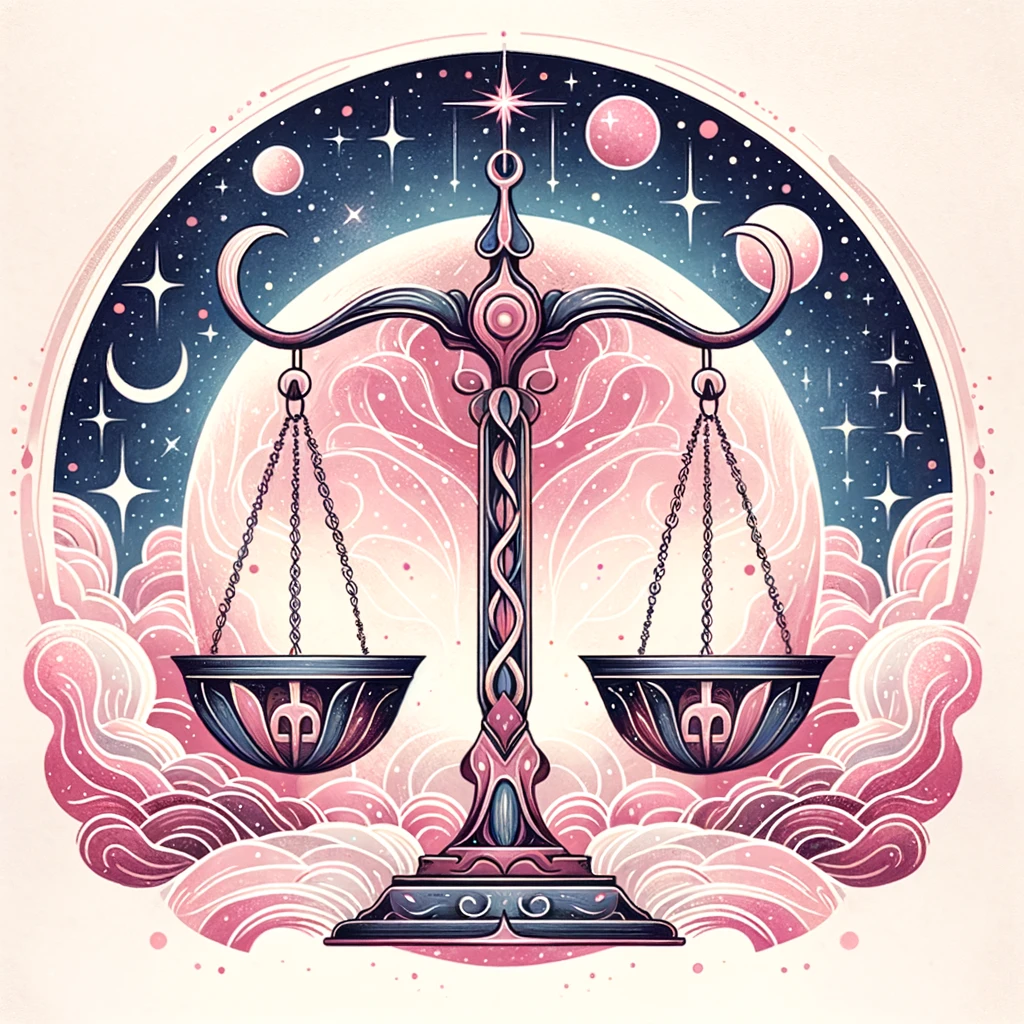Astrology is a belief system that suggests a relationship between the positions and movements of celestial bodies and events on Earth, including the lives and personalities of individuals.
It is important to distinguish astrology from astronomy, which is a scientific study of celestial objects.
Astrology, on the other hand, is considered a pseudoscience because it lacks empirical evidence and a clear, testable methodology to support its claims.
Astrology is used for various purposes, including personality assessment, forecasting future events or trends (predictive astrology), and making decisions about everyday matters (elections astrology). Some people enjoy astrology for entertainment, while others use it for personal growth and understanding.
Zodiac Signs: The zodiac is a band of the sky divided into 12 signs, each corresponding to a constellation and a segment of time (typically a month). Each sign is associated with specific personality traits and tendencies.
Planetary Positions: Astrologers believe that the positions of the planets and the sun and moon at the time of a person's birth influence their personality and fate. This is often expressed in a person's birth chart or horoscope.
Birth (Natal) Charts: A natal chart is a map of where all the major celestial bodies were located at the exact time and place of an individual's birth. Astrologers interpret these charts to gain insights into an individual's personality traits and life circumstances.
Aspects: These are certain angles formed by the planets in relation to each other in a person's birth chart, which are believed to influence their characteristics.
Houses: In astrology, the sky at the time of birth is divided into 12 segments, known as houses, each representing different aspects of life, such as relationships, career, and health.
Astrology is a belief system that suggests a relationship between the positions and movements of celestial bodies and events on Earth, including the lives and personalities of individuals.
It is important to distinguish astrology from astronomy, which is a scientific study of celestial objects.
Astrology, on the other hand, is considered a pseudoscience because it lacks empirical evidence and a clear, testable methodology to support its claims.
Astrology is used for various purposes, including personality assessment, forecasting future events or trends (predictive astrology), and making decisions about everyday matters (elections astrology). Some people enjoy astrology for entertainment, while others use it for personal growth and understanding.
Zodiac Signs: The zodiac is a band of the sky divided into 12 signs, each corresponding to a constellation and a segment of time (typically a month). Each sign is associated with specific personality traits and tendencies.
Planetary Positions: Astrologers believe that the positions of the planets and the sun and moon at the time of a person's birth influence their personality and fate. This is often expressed in a person's birth chart or horoscope.
Birth (Natal) Charts: A natal chart is a map of where all the major celestial bodies were located at the exact time and place of an individual's birth. Astrologers interpret these charts to gain insights into an individual's personality traits and life circumstances.
Aspects: These are certain angles formed by the planets in relation to each other in a person's birth chart, which are believed to influence their characteristics.
Houses: In astrology, the sky at the time of birth is divided into 12 segments, known as houses, each representing different aspects of life, such as relationships, career, and health.
Astrology is a belief system that suggests a relationship between the positions and movements of celestial bodies and events on Earth, including the. Lives and personalities of individuals.
It is important to distinguish astrology from astronomy, which is a scientific study of celestial objects.
Astrology, on the other hand, is considered a pseudoscience because it lacks empirical evidence and a clear, testable methodology to support its claims.
Astrology is used for various purposes, including personality assessment, forecasting future events or trends (predictive astrology), and making decisions about everyday matters (elections astrology). Some people enjoy astrology for entertainment, while others use it for personal growth and understanding.
Zodiac Signs: The zodiac is a band of the sky divided into 12 signs, each corresponding to a constellation and a segment of time (typically a month). Each sign is associated with specific personality traits and tendencies.
Planetary Positions: Astrologers believe that the positions of the planets and the sun and moon at the time of a person's birth influence their personality and fate. This is often expressed in a person's birth chart or horoscope.
Birth (Natal) Charts: A natal chart is a map of where all the major celestial bodies were located at the exact time and place of an individual's birth. Astrologers interpret these charts to gain insights into an individual's personality traits and life circumstances.
Aspects: These are certain angles formed by the planets in relation to each other in a person's birth chart, which are believed to influence their characteristics.
Houses: In astrology, the sky at the time of birth is divided into 12 segments, known as houses, each representing different aspects of life, such as relationships, career, and health.
SIGNS
A zodiac sign refers to one of the twelve segments of the celestial sphere that the Sun, Moon, and planets move through in Western astrology. Each sign corresponds to a specific 30-degree section of the 360-degree zodiacal band and is associated with a constellation. The concept of the zodiac is ancient and has been used by various cultures, but in Western astrology, the zodiac signs are most commonly known by their Greek or Latin names.
What's my Zodiac Sign?
To determine your zodiac sign, in Western astrology, you simply need to know your date of birth. The zodiac is divided into 12 signs, each covering about a one-month period throughout the year. Your zodiac sign corresponds to the position of the Sun in the zodiac at the time of your birth (month and day).
For example, if you were born on May 2, your sign would be Taurus. If you were born on December 24, your zodiac sign would be Capricorn.
ELEMENTS
The elements of the zodiac in Western astrology are called Fire, Earth, Air, and Water. These four elements are considered fundamental to understanding the astrological signs and are believed to influence the temperament and personality traits of individuals born under each sign. Find your zodiac sign to determine your element.
For example, if you were born on October 9, your sign is a Libra and therefore, you are an Air sign. If you were born on November 19, your sign is a Scorpio and therefore, you are a Water sign.
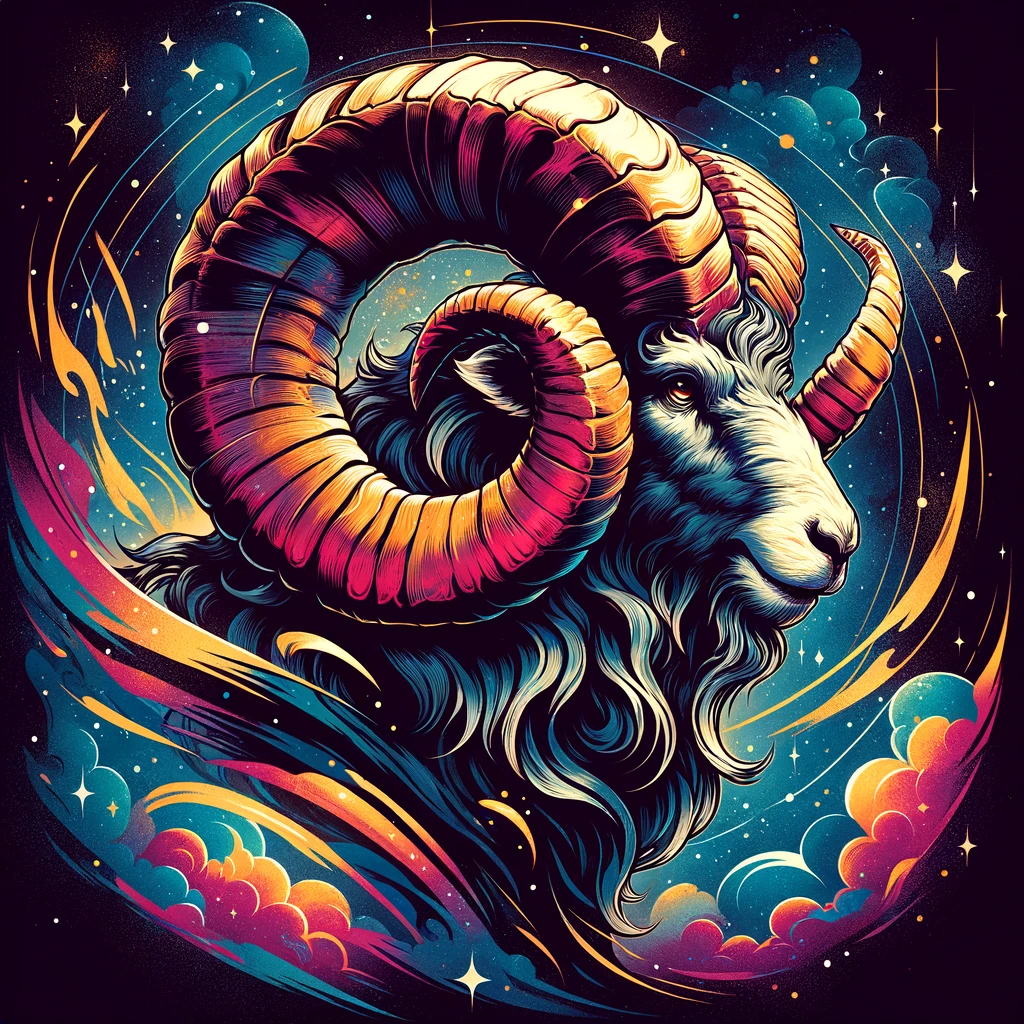
March 21 - April 19
- Traits: Aries are known for their leadership qualities, boldness, and assertiveness. They are often seen as trailblazers, passionate and enthusiastic, with a strong desire to be first in everything they do.
- Strengths: Aries are courageous, confident, and optimistic. They are not afraid to take risks and are often seen as energetic and adventurous.
- Challenges: They can sometimes be impulsive, impatient, and prone to taking unnecessary risks. Their strong-willed nature might lead to stubbornness.
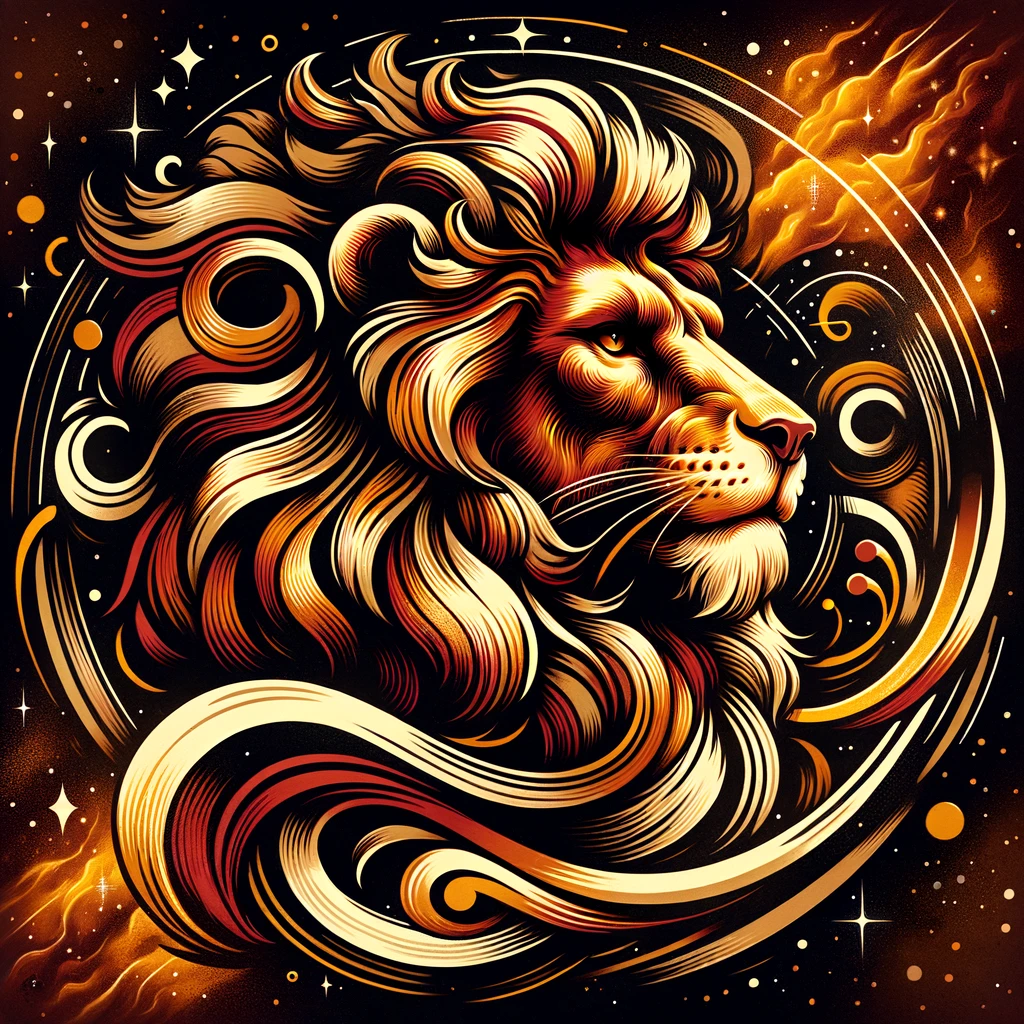
July 23 - August 22
- Traits: Leos are characterized by their charisma, creativity, and a natural flair for drama. They often have a regal, confident demeanor that draws others to them.
- Strengths: Leos are generous, warm-hearted, and enthusiastic. They are natural leaders with a strong sense of dignity and a desire to be admired and appreciated.
- Challenges: They can sometimes be perceived as arrogant or vain. Leos might struggle with a need for constant attention and can be overly sensitive to criticism.

November 22 - December 21
- Traits: Sagittarians are known for their love of freedom, adventure, and exploration. They are often seen as the philosophers of the zodiac, interested in the deeper questions and in expanding their horizons.
- Strengths: Sagittarius signs are optimistic, open-minded, and enthusiastic. They have a great sense of humor and a love for learning and experiencing new cultures and ideas.
- Challenges: They can be tactless, overconfident, and sometimes restless. Their love for freedom can make them averse to commitment and responsibilities.
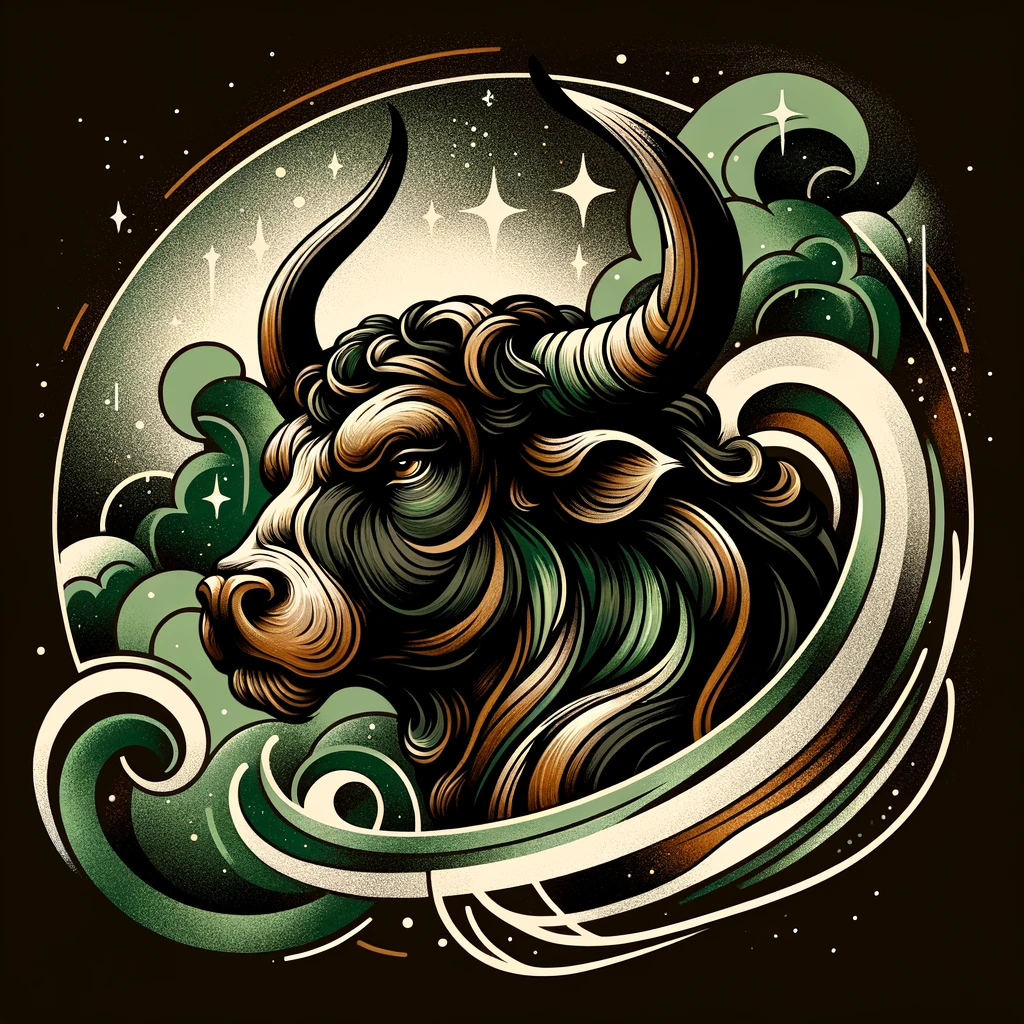
April 20 - May 20
- Traits: Taurus individuals are known for their reliability, patience, and love of comfort and sensory experiences. They are often grounded, practical, and have a strong connection to the physical world.
- Strengths: Taureans are dependable, loyal, and determined. They have a strong sense of aesthetics and enjoy the finer things in life. Their perseverance and approach to steady, gradual progress can be a great asset.
- Challenges: They can sometimes be resistant to change, stubborn, and possessive. Their love for comfort can also lead to indulgence or laziness.

August 23 - September 22
- Traits: Virgo is known for its analytical mind, attention to detail, and a strong sense of duty. Virgos often strive for perfection and are meticulous in their pursuits.
- Strengths: Virgos are intelligent, practical, and highly organized. They are excellent problem-solvers and often have a keen sense of service towards others.
- Challenges: They can be overly critical, both of themselves and others. Their pursuit of perfection might lead to excessive worry or unyielding standards that can be hard to meet.

December 22 - January 19
- Traits: Capricorn individuals are characterized by their ambition, discipline, and a pragmatic approach to achieving their goals. They are often seen as mature, with a strong sense of responsibility.
- Strengths: Capricorns are resourceful, patient, and have a strong sense of determination and practicality. Their ability to plan long-term and stay focused on their goals is remarkable.
- Challenges: They can sometimes be seen as overly serious, pessimistic, or inflexible. Their ambition can lead to workaholism or a neglect of their emotional or personal life.
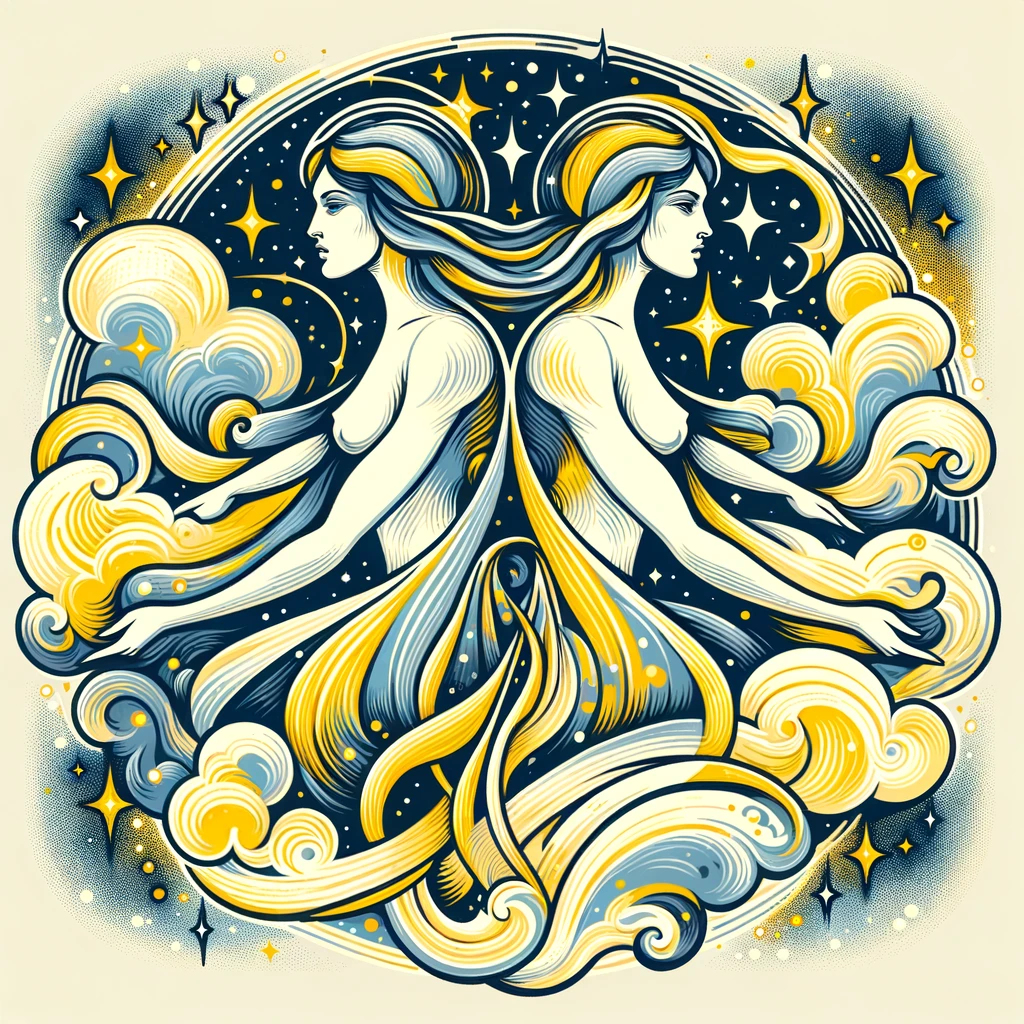
May 21 - June 20
- Traits: Geminis are known for their adaptability, curiosity, and a strong desire for communication. They are often quick thinkers, with a versatile and open-minded approach to life.
- Strengths: Geminis are excellent communicators, witty, and intellectually curious. They enjoy learning and sharing information and can be very charming and persuasive.
- Challenges: They can be inconsistent, indecisive, and sometimes superficial. Their dual nature can lead to a tendency to be restless or to spread themselves too thin.
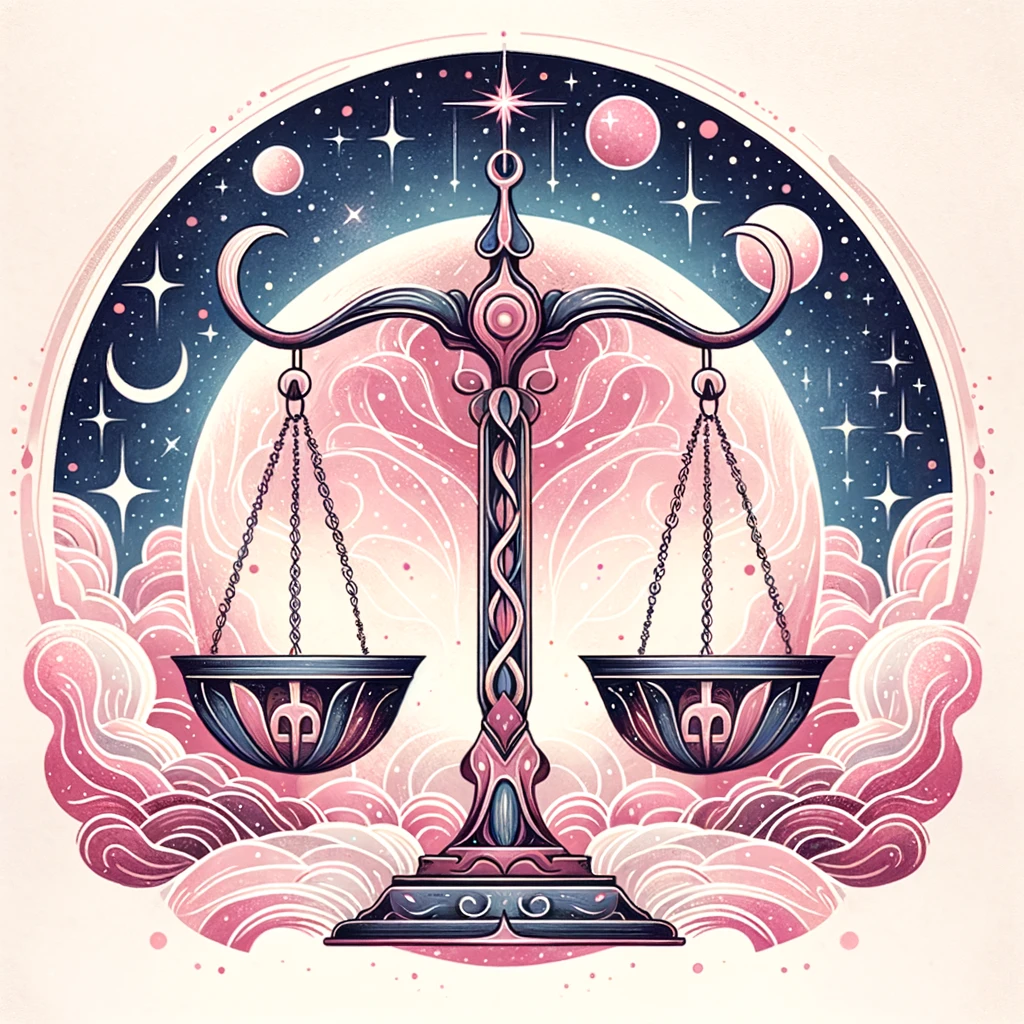
September 23 - October 22
- Traits: Libras are known for their love of harmony, balance, and beauty. They are often diplomatic and fair-minded, seeking cooperation and peace in their relationships.
- Strengths: Libras are great mediators, gracious, and have a strong sense of justice. They are socially skilled and have an appreciation for aesthetics and art.
- Challenges: They can be indecisive, avoidant of conflict, and sometimes too concerned with the opinions of others. Their desire for harmony might lead them to sacrifice their own needs.

January 20 - February 18
- Traits: Aquarians are known for their originality, progressive thinking, and humanitarian spirit. They often have a unique perspective and a strong desire for independence and innovation.
- Strengths: Aquarians are inventive, intellectual, and often ahead of their time. They are friendly and can be deeply committed to humanitarian causes or social justice.
- Challenges: They can be emotionally detached, unpredictable, and sometimes aloof. Their strong need for independence can sometimes manifest as rebelliousness or eccentricity.

June 21 - July 22
- Traits: Cancerians are known for their nurturing and protective nature. They are highly intuitive and emotionally sensitive, often deeply connected to their home and family.
- Strengths: They are compassionate, empathetic, and have a strong instinct to care for others. Their ability to empathize and nurture makes them excellent friends and family members.
- Challenges: Cancerians can be overly emotional, moody, or clingy. Their strong connection to the past can sometimes lead to difficulty in letting go or moving on.

October 23 - November 21
- Traits: Scorpios are known for their intensity, passion, and depth. They have a magnetic personality and a strong desire to understand the deeper aspects of life and people.
- Strengths: They are determined, resourceful, and often have a powerful presence. Scorpios are loyal and can be incredibly brave, especially when standing up for themselves or others.
- Challenges: They can be secretive, jealous, and sometimes manipulative. Their intensity can sometimes lead to extremes in emotions or behavior.

February 19 - March 20
- Traits: Pisceans are known for their artistic, intuitive, and compassionate nature. They are empathetic and often have a strong connection to the spiritual or mystical.
- Strengths: They are creative, imaginative, and often have a great capacity for empathy and understanding. Pisces are generally kind, gentle, and good listeners.
- Challenges: They can be overly sensitive, escapist, and sometimes vague or indecisive. Their strong connection to the emotional and spiritual realm can sometimes make them lose touch with reality.
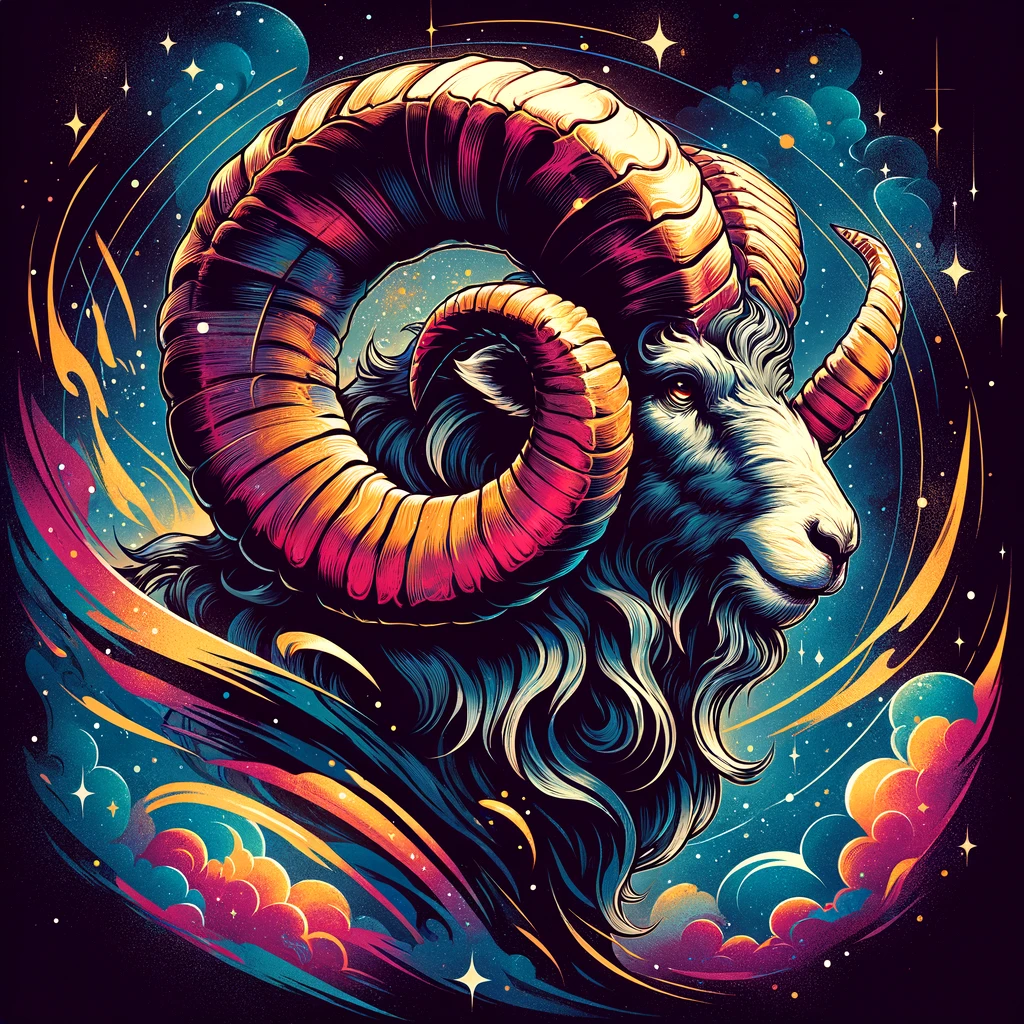
March 21 - April 19
- Traits: Aries are known for their leadership qualities, boldness, and assertiveness. They are often seen as trailblazers, passionate and enthusiastic, with a strong desire to be first in everything they do.
- Strengths: Aries are courageous, confident, and optimistic. They are not afraid to take risks and are often seen as energetic and adventurous.
- Challenges: They can sometimes be impulsive, impatient, and prone to taking unnecessary risks. Their strong-willed nature might lead to stubbornness.
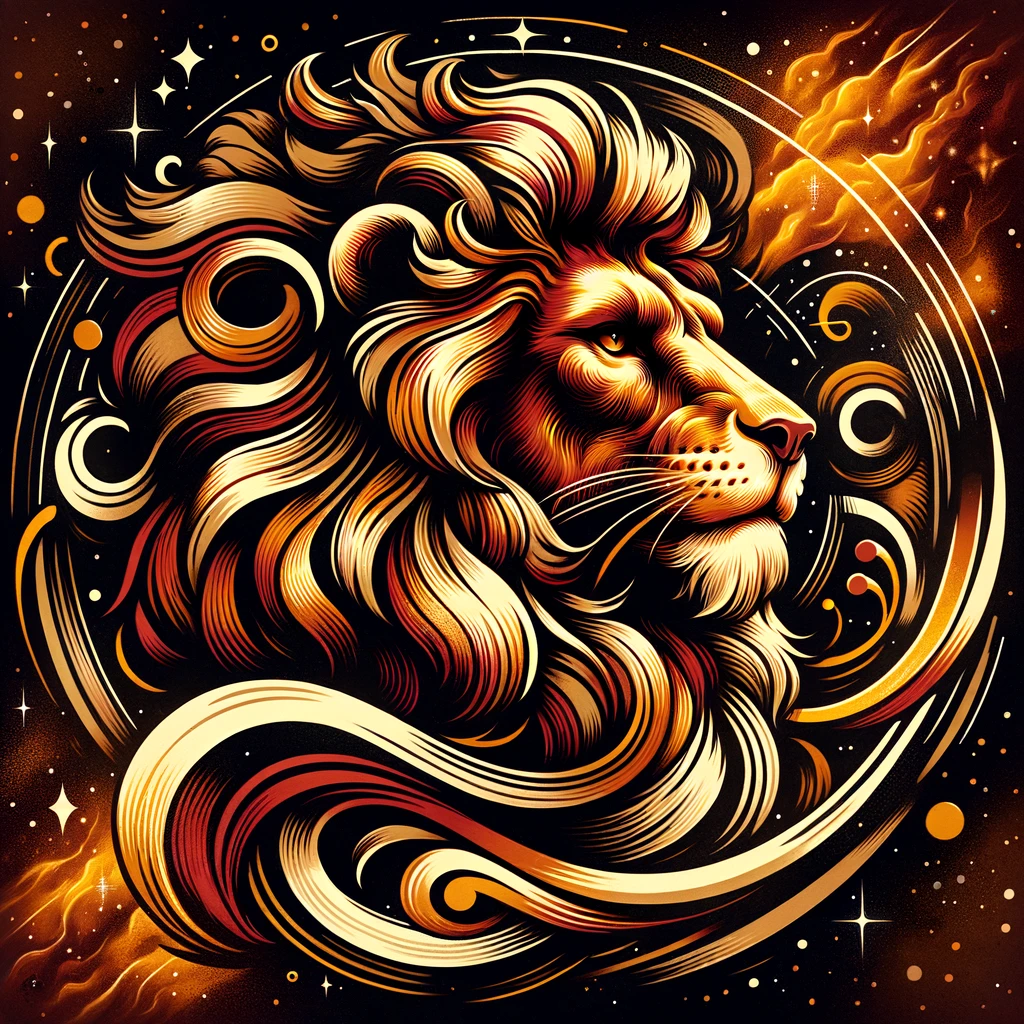
July 23 - August 22
- Traits: Leos are characterized by their charisma, creativity, and a natural flair for drama. They often have a regal, confident demeanor that draws others to them.
- Strengths: Leos are generous, warm-hearted, and enthusiastic. They are natural leaders with a strong sense of dignity and a desire to be admired and appreciated.
- Challenges: They can sometimes be perceived as arrogant or vain. Leos might struggle with a need for constant attention and can be overly sensitive to criticism.

November 22 - December 21
- Traits: Sagittarians are known for their love of freedom, adventure, and exploration. They are often seen as the philosophers of the zodiac, interested in the deeper questions and in expanding their horizons.
- Strengths: Sagittarius signs are optimistic, open-minded, and enthusiastic. They have a great sense of humor and a love for learning and experiencing new cultures and ideas.
- Challenges: They can be tactless, overconfident, and sometimes restless. Their love for freedom can make them averse to commitment and responsibilities.
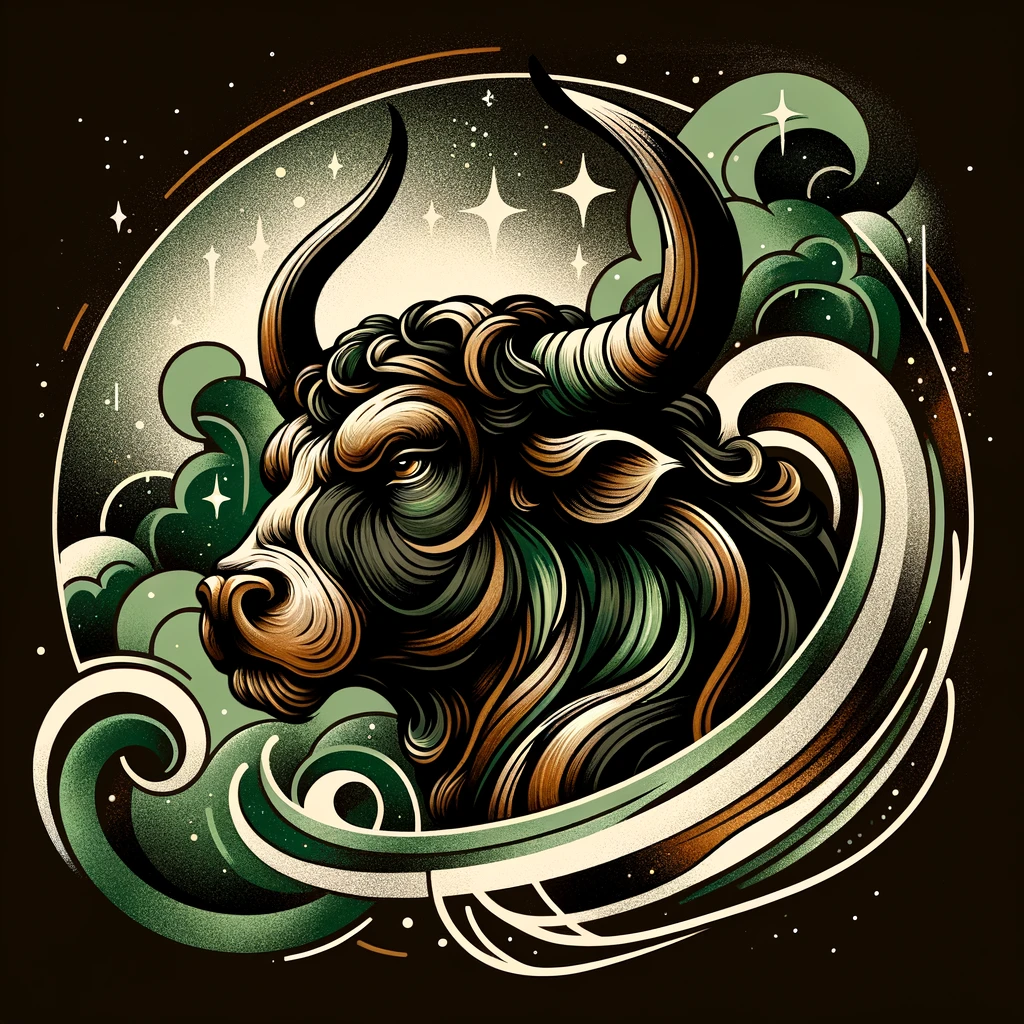
April 20 - May 20
- Traits: Taurus individuals are known for their reliability, patience, and love of comfort and sensory experiences. They are often grounded, practical, and have a strong connection to the physical world.
- Strengths: Taureans are dependable, loyal, and determined. They have a strong sense of aesthetics and enjoy the finer things in life. Their perseverance and approach to steady, gradual progress can be a great asset.
- Challenges: They can sometimes be resistant to change, stubborn, and possessive. Their love for comfort can also lead to indulgence or laziness.

August 23 - September 22
- Traits: Virgo is known for its analytical mind, attention to detail, and a strong sense of duty. Virgos often strive for perfection and are meticulous in their pursuits.
- Strengths: Virgos are intelligent, practical, and highly organized. They are excellent problem-solvers and often have a keen sense of service towards others.
- Challenges: They can be overly critical, both of themselves and others. Their pursuit of perfection might lead to excessive worry or unyielding standards that can be hard to meet.

December 22 - January 19
- Traits: Capricorn individuals are characterized by their ambition, discipline, and a pragmatic approach to achieving their goals. They are often seen as mature, with a strong sense of responsibility.
- Strengths: Capricorns are resourceful, patient, and have a strong sense of determination and practicality. Their ability to plan long-term and stay focused on their goals is remarkable.
- Challenges: They can sometimes be seen as overly serious, pessimistic, or inflexible. Their ambition can lead to workaholism or a neglect of their emotional or personal life.
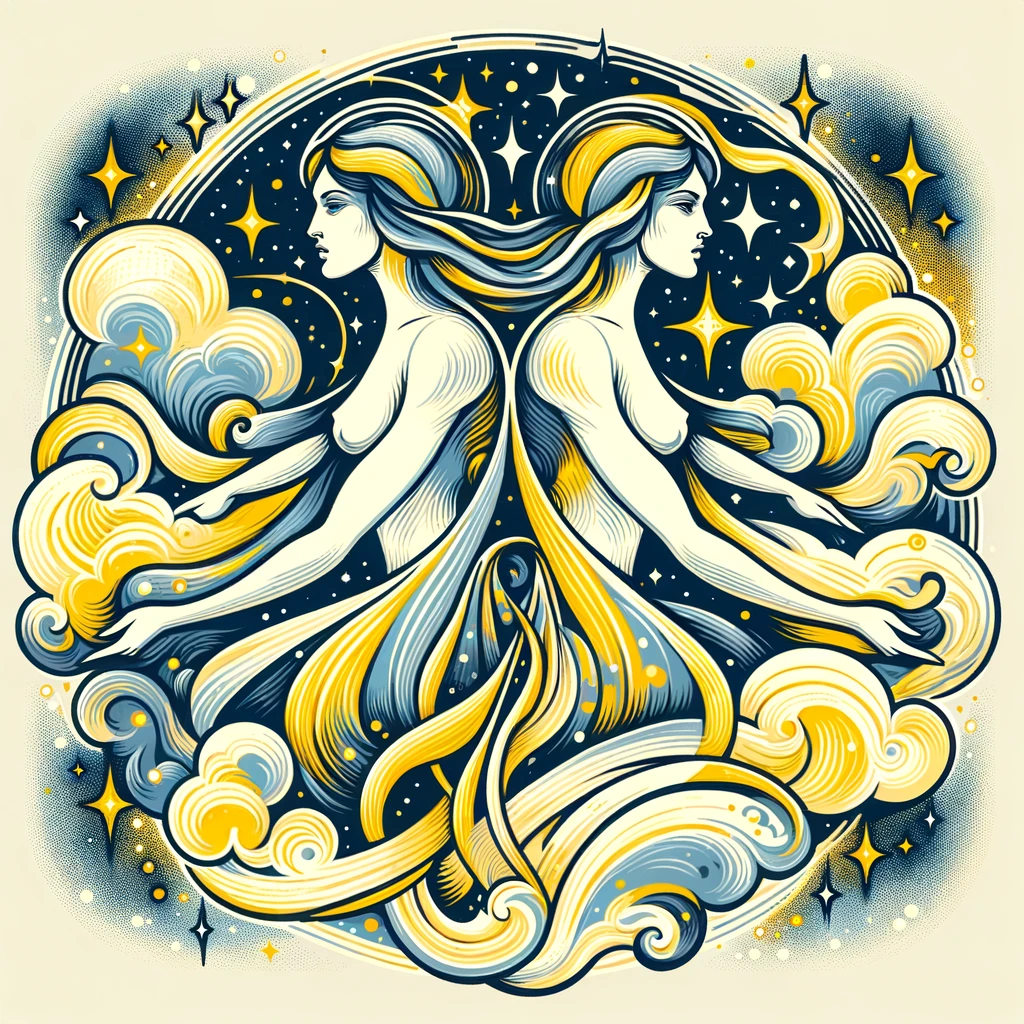
May 21 - June 20
- Traits: Geminis are known for their adaptability, curiosity, and a strong desire for communication. They are often quick thinkers, with a versatile and open-minded approach to life.
- Strengths: Geminis are excellent communicators, witty, and intellectually curious. They enjoy learning and sharing information and can be very charming and persuasive.
- Challenges: They can be inconsistent, indecisive, and sometimes superficial. Their dual nature can lead to a tendency to be restless or to spread themselves too thin.
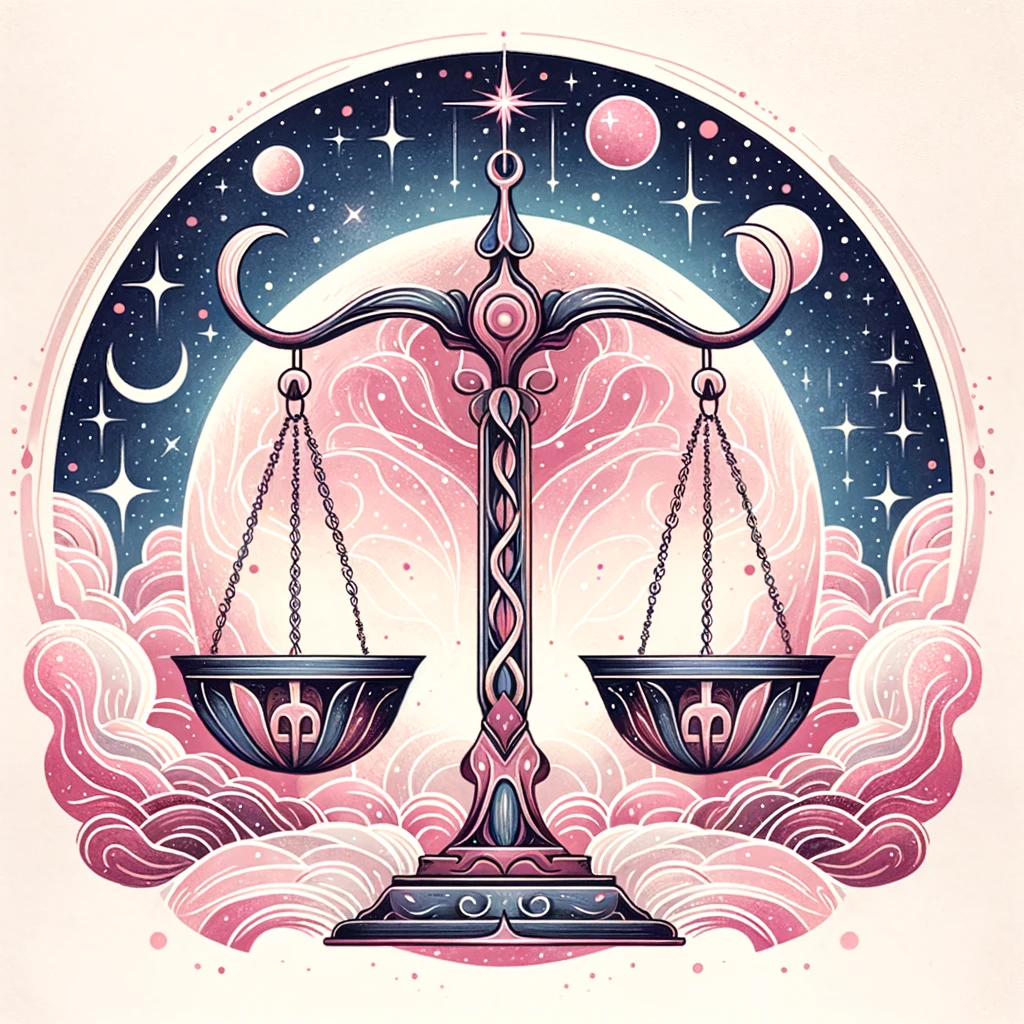
September 23 - October 22
- Traits: Libras are known for their love of harmony, balance, and beauty. They are often diplomatic and fair-minded, seeking cooperation and peace in their relationships.
- Strengths: Libras are great mediators, gracious, and have a strong sense of justice. They are socially skilled and have an appreciation for aesthetics and art.
- Challenges: They can be indecisive, avoidant of conflict, and sometimes too concerned with the opinions of others. Their desire for harmony might lead them to sacrifice their own needs.

January 20 - February 18
- Traits: Aquarians are known for their originality, progressive thinking, and humanitarian spirit. They often have a unique perspective and a strong desire for independence and innovation.
- Strengths: Aquarians are inventive, intellectual, and often ahead of their time. They are friendly and can be deeply committed to humanitarian causes or social justice.
- Challenges: They can be emotionally detached, unpredictable, and sometimes aloof. Their strong need for independence can sometimes manifest as rebelliousness or eccentricity.

June 21 - July 22
- Traits: Cancerians are known for their nurturing and protective nature. They are highly intuitive and emotionally sensitive, often deeply connected to their home and family.
- Strengths: They are compassionate, empathetic, and have a strong instinct to care for others. Their ability to empathize and nurture makes them excellent friends and family members.
- Challenges: Cancerians can be overly emotional, moody, or clingy. Their strong connection to the past can sometimes lead to difficulty in letting go or moving on.

October 23 - November 21
- Traits: Scorpios are known for their intensity, passion, and depth. They have a magnetic personality and a strong desire to understand the deeper aspects of life and people.
- Strengths: They are determined, resourceful, and often have a powerful presence. Scorpios are loyal and can be incredibly brave, especially when standing up for themselves or others.
- Challenges: They can be secretive, jealous, and sometimes manipulative. Their intensity can sometimes lead to extremes in emotions or behavior.

February 19 - March 20
- Traits: Pisceans are known for their artistic, intuitive, and compassionate nature. They are empathetic and often have a strong connection to the spiritual or mystical.
- Strengths: They are creative, imaginative, and often have a great capacity for empathy and understanding. Pisces are generally kind, gentle, and good listeners.
- Challenges: They can be overly sensitive, escapist, and sometimes vague or indecisive. Their strong connection to the emotional and spiritual realm can sometimes make them lose touch with reality.
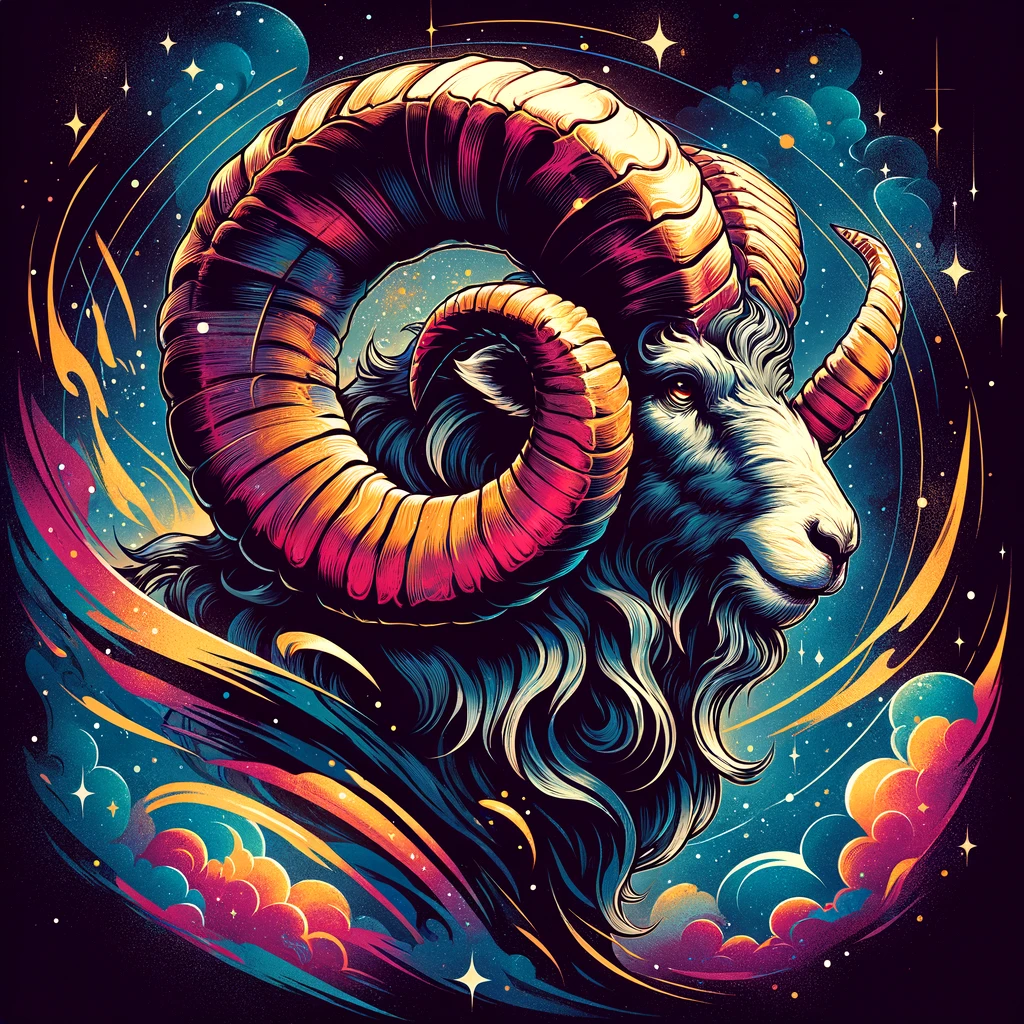
March 21 - April 19
- Traits: Aries are known for their leadership qualities, boldness, and assertiveness. They are often seen as trailblazers, passionate and enthusiastic, with a strong desire to be first in everything they do.
- Strengths: Aries are courageous, confident, and optimistic. They are not afraid to take risks and are often seen as energetic and adventurous.
- Challenges: They can sometimes be impulsive, impatient, and prone to taking unnecessary risks. Their strong-willed nature might lead to stubbornness.
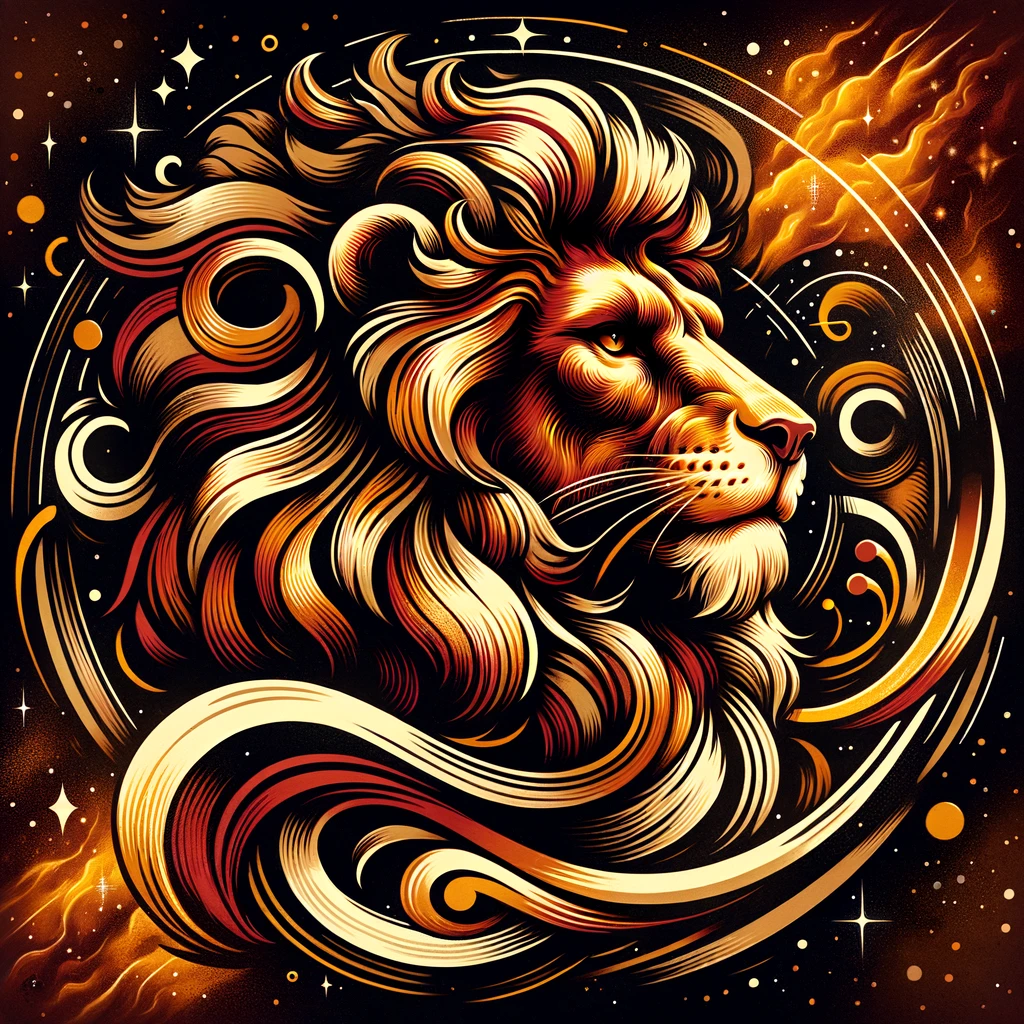
July 23 - August 22
- Traits: Leos are characterized by their charisma, creativity, and a natural flair for drama. They often have a regal, confident demeanor that draws others to them.
- Strengths: Leos are generous, warm-hearted, and enthusiastic. They are natural leaders with a strong sense of dignity and a desire to be admired and appreciated.
- Challenges: They can sometimes be perceived as arrogant or vain. Leos might struggle with a need for constant attention and can be overly sensitive to criticism.

November 22 - December 21
- Traits: Sagittarians are known for their love of freedom, adventure, and exploration. They are often seen as the philosophers of the zodiac, interested in the deeper questions and in expanding their horizons.
- Strengths: Sagittarius signs are optimistic, open-minded, and enthusiastic. They have a great sense of humor and a love for learning and experiencing new cultures and ideas.
- Challenges: They can be tactless, overconfident, and sometimes restless. Their love for freedom can make them averse to commitment and responsibilities.
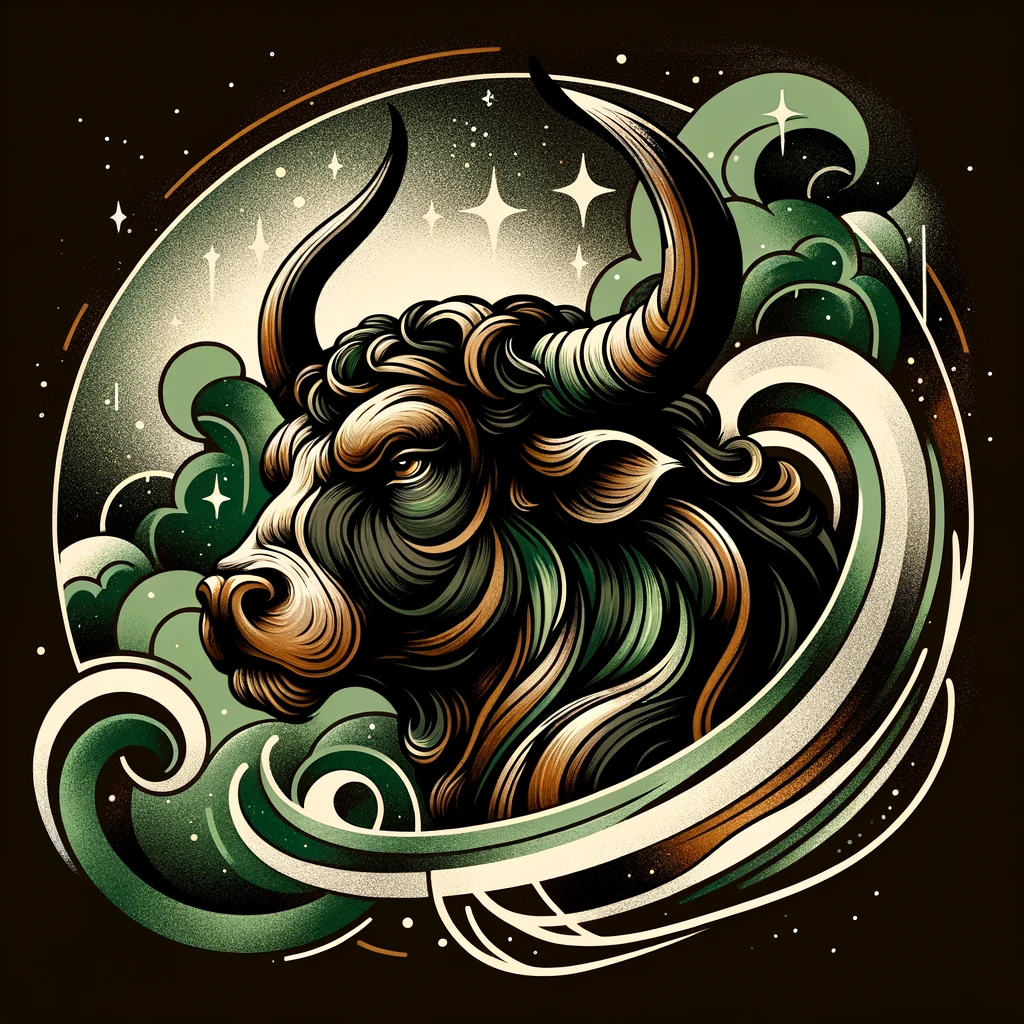
April 20 - May 20
- Traits: Taurus individuals are known for their reliability, patience, and love of comfort and sensory experiences. They are often grounded, practical, and have a strong connection to the physical world.
- Strengths: Taureans are dependable, loyal, and determined. They have a strong sense of aesthetics and enjoy the finer things in life. Their perseverance and approach to steady, gradual progress can be a great asset.
- Challenges: They can sometimes be resistant to change, stubborn, and possessive. Their love for comfort can also lead to indulgence or laziness.

August 23 - September 22
- Traits: Virgo is known for its analytical mind, attention to detail, and a strong sense of duty. Virgos often strive for perfection and are meticulous in their pursuits.
- Strengths: Virgos are intelligent, practical, and highly organized. They are excellent problem-solvers and often have a keen sense of service towards others.
- Challenges: They can be overly critical, both of themselves and others. Their pursuit of perfection might lead to excessive worry or unyielding standards that can be hard to meet.

December 22 - January 19
- Traits: Capricorn individuals are characterized by their ambition, discipline, and a pragmatic approach to achieving their goals. They are often seen as mature, with a strong sense of responsibility.
- Strengths: Capricorns are resourceful, patient, and have a strong sense of determination and practicality. Their ability to plan long-term and stay focused on their goals is remarkable.
- Challenges: They can sometimes be seen as overly serious, pessimistic, or inflexible. Their ambition can lead to workaholism or a neglect of their emotional or personal life.
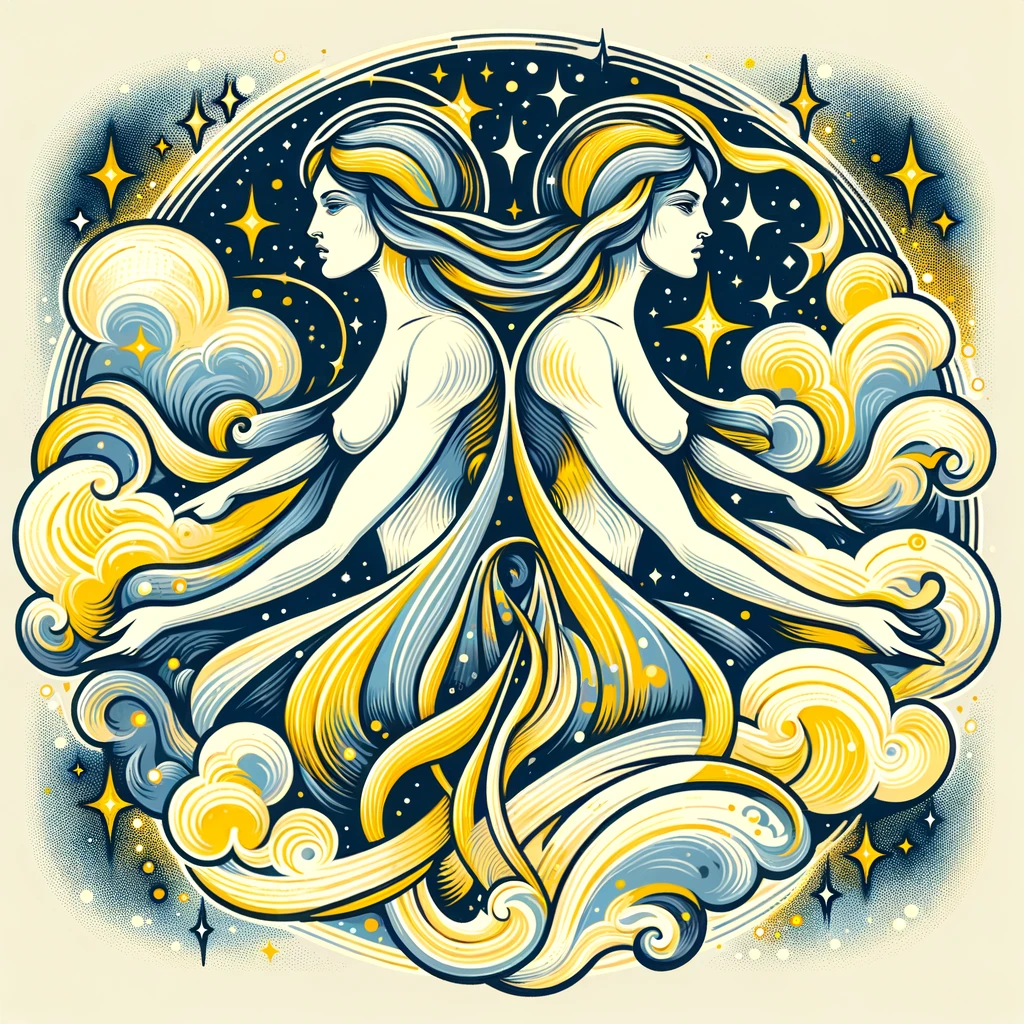
May 21 - June 20
- Traits: Geminis are known for their adaptability, curiosity, and a strong desire for communication. They are often quick thinkers, with a versatile and open-minded approach to life.
- Strengths: Geminis are excellent communicators, witty, and intellectually curious. They enjoy learning and sharing information and can be very charming and persuasive.
- Challenges: They can be inconsistent, indecisive, and sometimes superficial. Their dual nature can lead to a tendency to be restless or to spread themselves too thin.
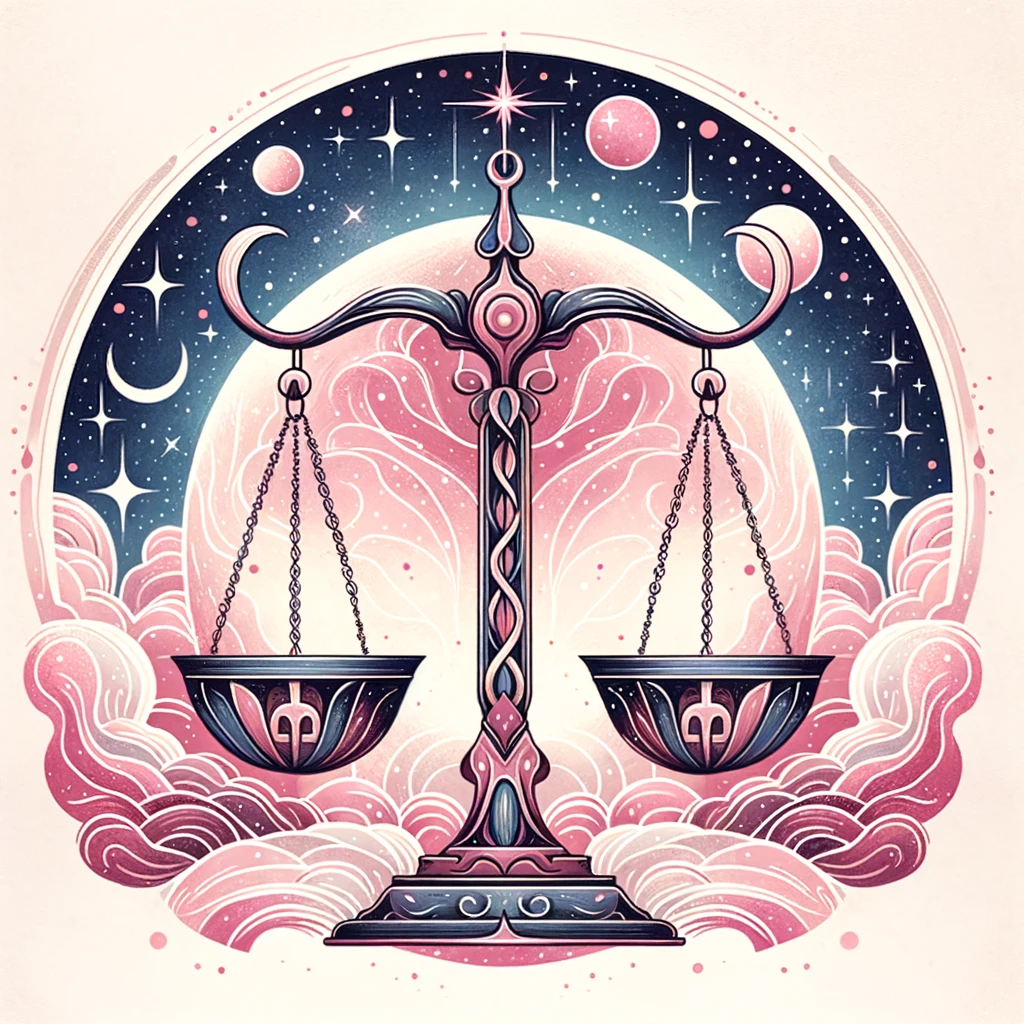
September 23 - October 22
- Traits: Libras are known for their love of harmony, balance, and beauty. They are often diplomatic and fair-minded, seeking cooperation and peace in their relationships.
- Strengths: Libras are great mediators, gracious, and have a strong sense of justice. They are socially skilled and have an appreciation for aesthetics and art.
- Challenges: They can be indecisive, avoidant of conflict, and sometimes too concerned with the opinions of others. Their desire for harmony might lead them to sacrifice their own needs.

January 20 - February 18
- Traits: Aquarians are known for their originality, progressive thinking, and humanitarian spirit. They often have a unique perspective and a strong desire for independence and innovation.
- Strengths: Aquarians are inventive, intellectual, and often ahead of their time. They are friendly and can be deeply committed to humanitarian causes or social justice.
- Challenges: They can be emotionally detached, unpredictable, and sometimes aloof. Their strong need for independence can sometimes manifest as rebelliousness or eccentricity.

June 21 - July 22
- Traits: Cancerians are known for their nurturing and protective nature. They are highly intuitive and emotionally sensitive, often deeply connected to their home and family.
- Strengths: They are compassionate, empathetic, and have a strong instinct to care for others. Their ability to empathize and nurture makes them excellent friends and family members.
- Challenges: Cancerians can be overly emotional, moody, or clingy. Their strong connection to the past can sometimes lead to difficulty in letting go or moving on.

October 23 - November 21
- Traits: Scorpios are known for their intensity, passion, and depth. They have a magnetic personality and a strong desire to understand the deeper aspects of life and people.
- Strengths: They are determined, resourceful, and often have a powerful presence. Scorpios are loyal and can be incredibly brave, especially when standing up for themselves or others.
- Challenges: They can be secretive, jealous, and sometimes manipulative. Their intensity can sometimes lead to extremes in emotions or behavior.

February 19 - March 20
- Traits: Pisceans are known for their artistic, intuitive, and compassionate nature. They are empathetic and often have a strong connection to the spiritual or mystical.
- Strengths: They are creative, imaginative, and often have a great capacity for empathy and understanding. Pisces are generally kind, gentle, and good listeners.
- Challenges: They can be overly sensitive, escapist, and sometimes vague or indecisive. Their strong connection to the emotional and spiritual realm can sometimes make them lose touch with reality.
HOUSES OF LIFE
In astrology, "houses" are a key component of a birth chart, representing different areas of life. Each house is associated with various themes and aspects of an individual's life. The birth chart, which is a snapshot of the sky at the time of one's birth, is divided into 12 houses, and each house is ruled by a zodiac sign. Here's a brief overview of the 12 houses and their general associations:
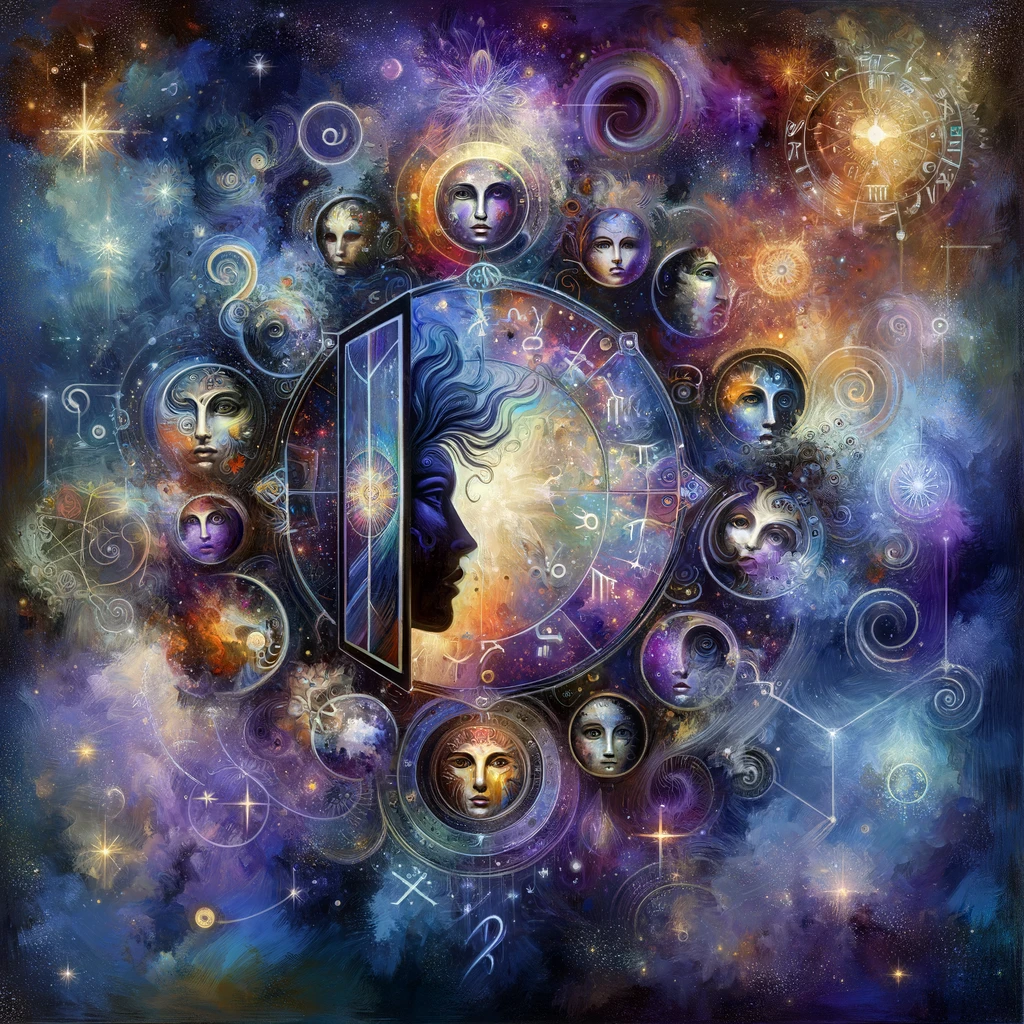
SELF
The first house is about self-image, the "mask" one wears for the world, physical appearance, personality, & personal outlook on life.
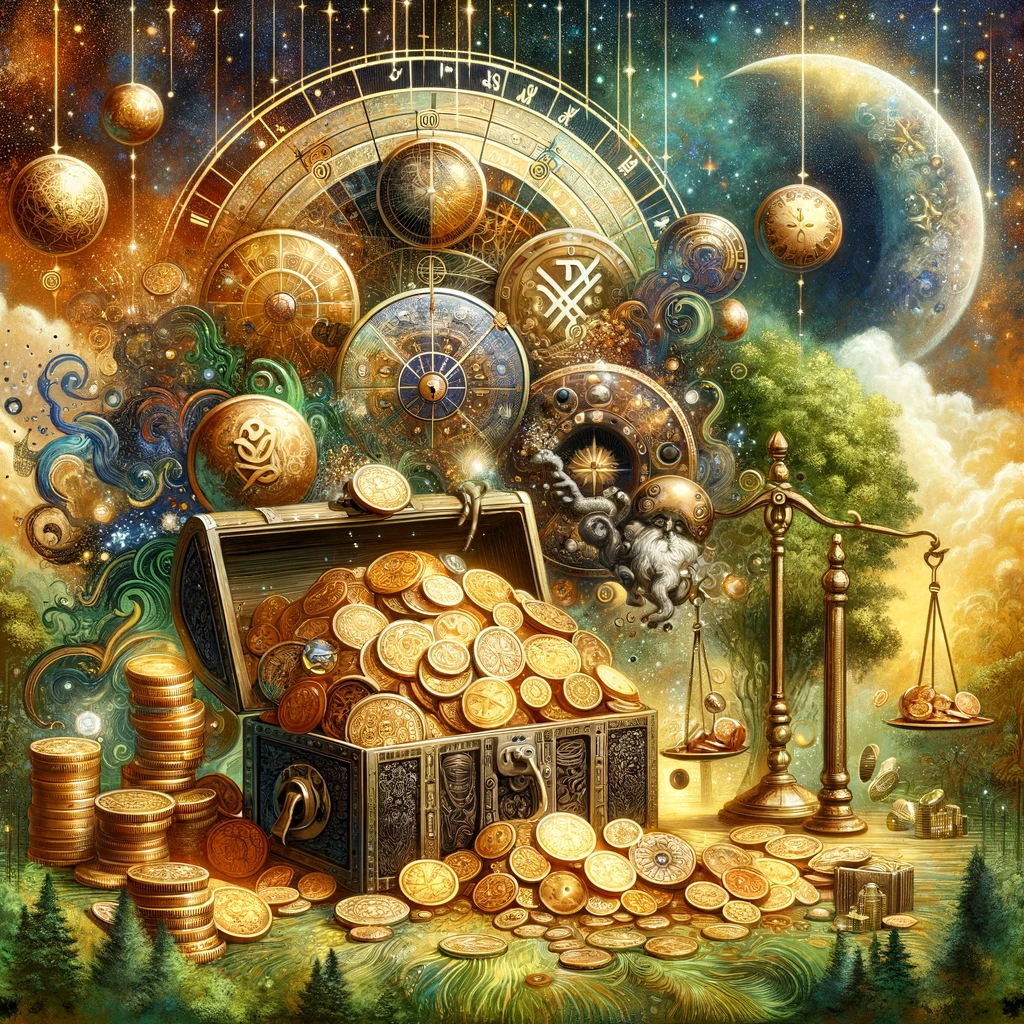
VALUE
The second house governs finances, material possessions, self-worth, and attitude towards money and personal belongings.
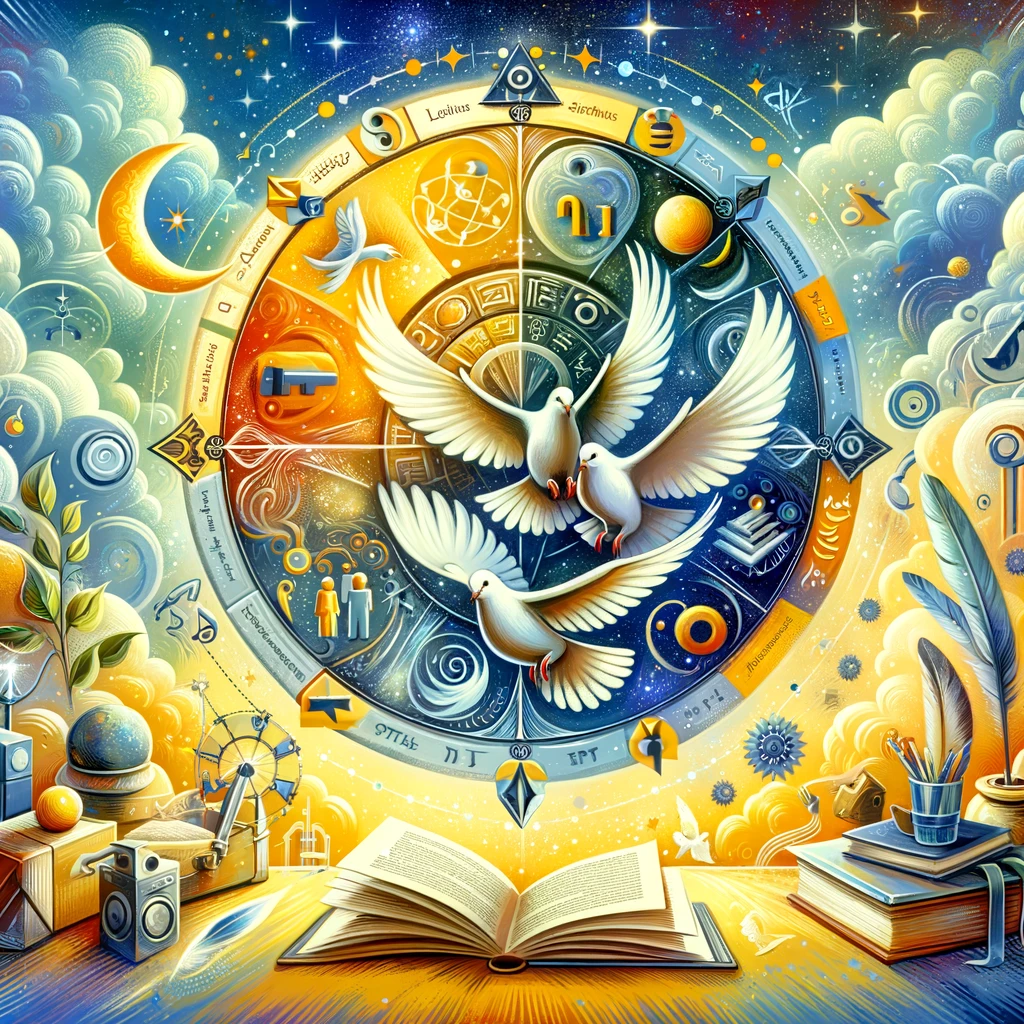
COMMUNICATIONS
The third house covers communication, early education, siblings, local travel, and everyday activities.
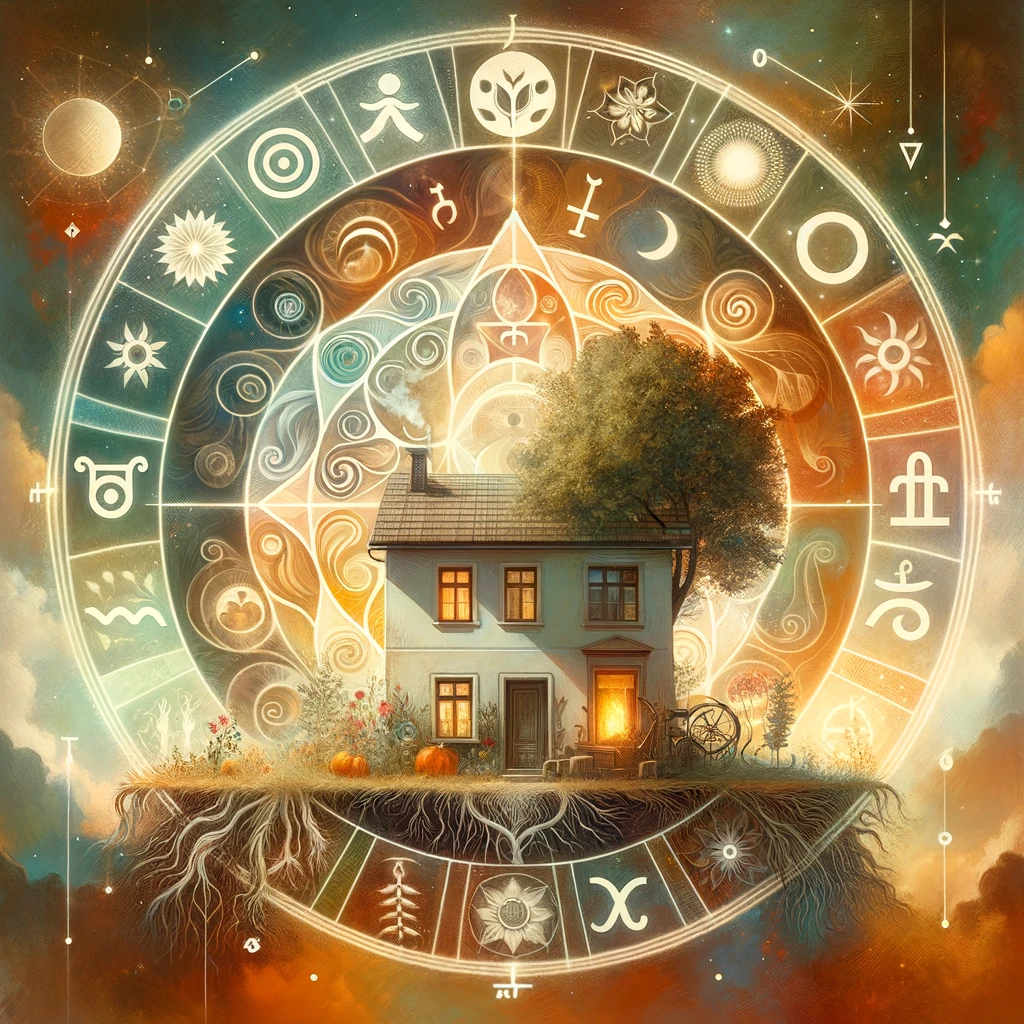
HOME & FAMILY
The fourth house, also known as "Imum Coeli," is associated with the home, family, ancestry, roots, and one’s private life.
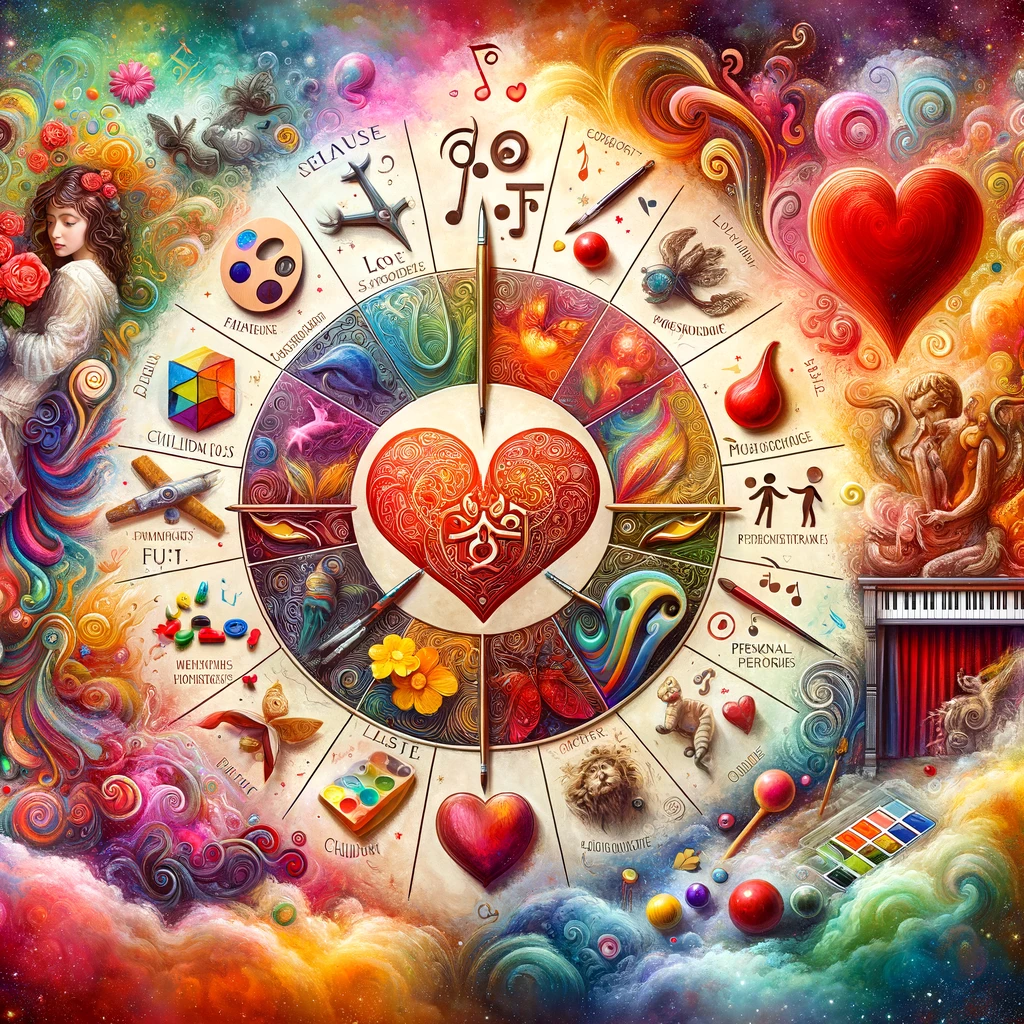
PLEASURE
The fifth house covers creativity, romance, love affairs, playfulness, children, and personal hobbies.
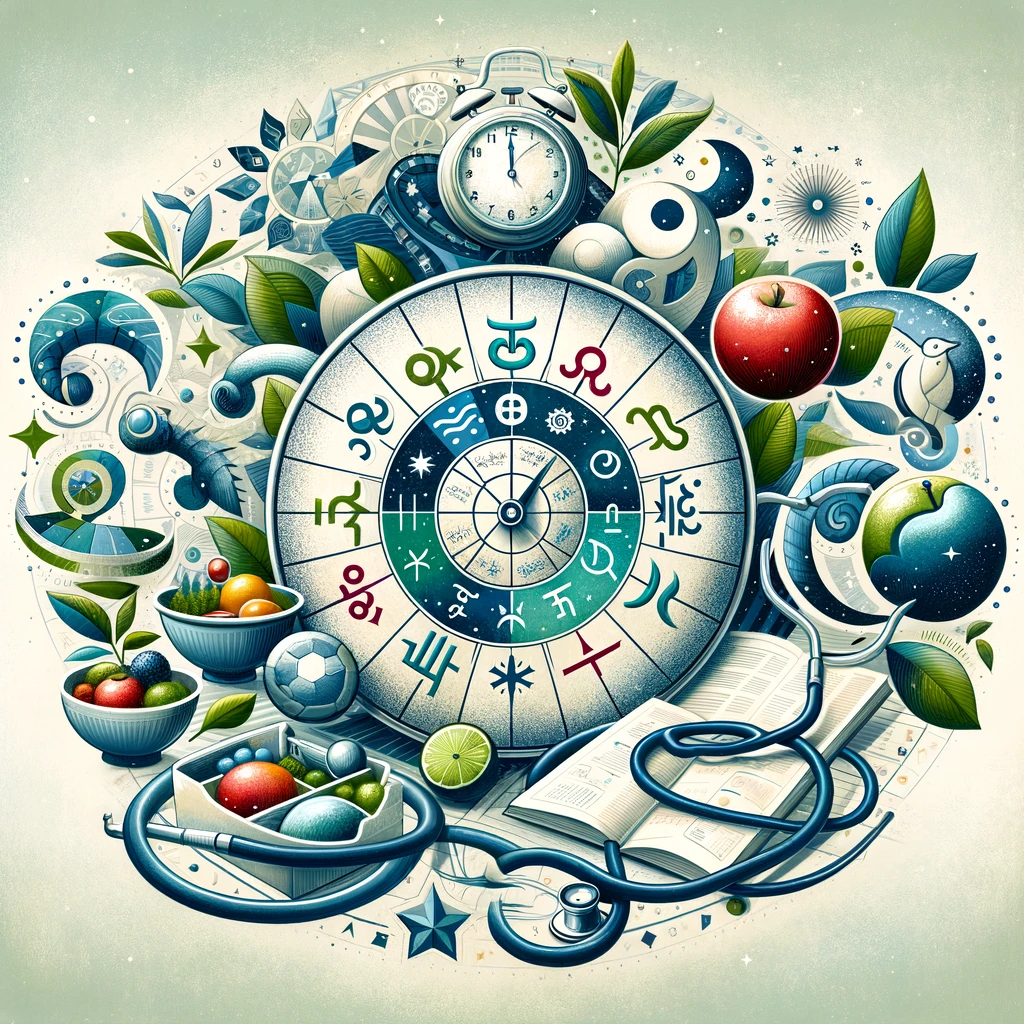
HEALTH
The sixth house governs daily routines, health, diet, work, and service.
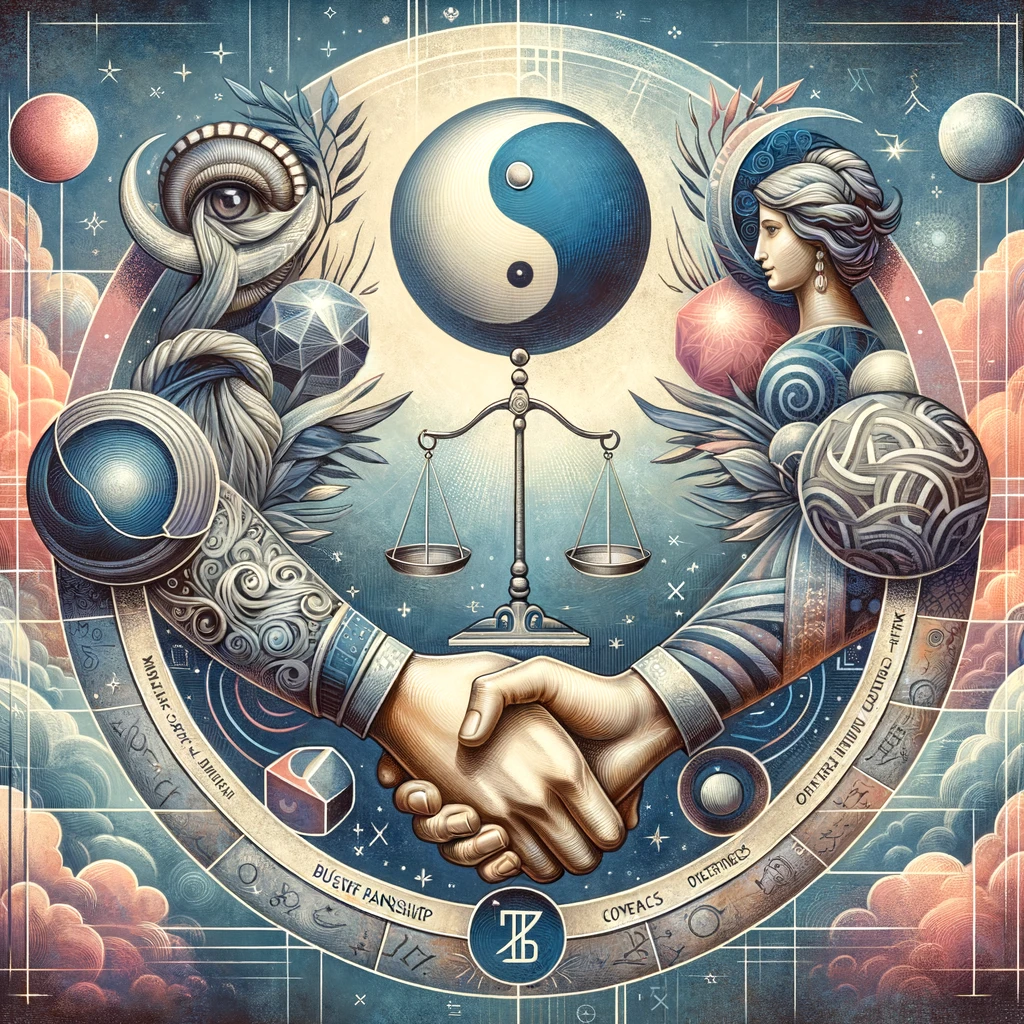
PARTNERSHIPS
The seventh house, also known as "Descendant," is associated with all types of partnerships including marriage, business partnerships, and open enemies.
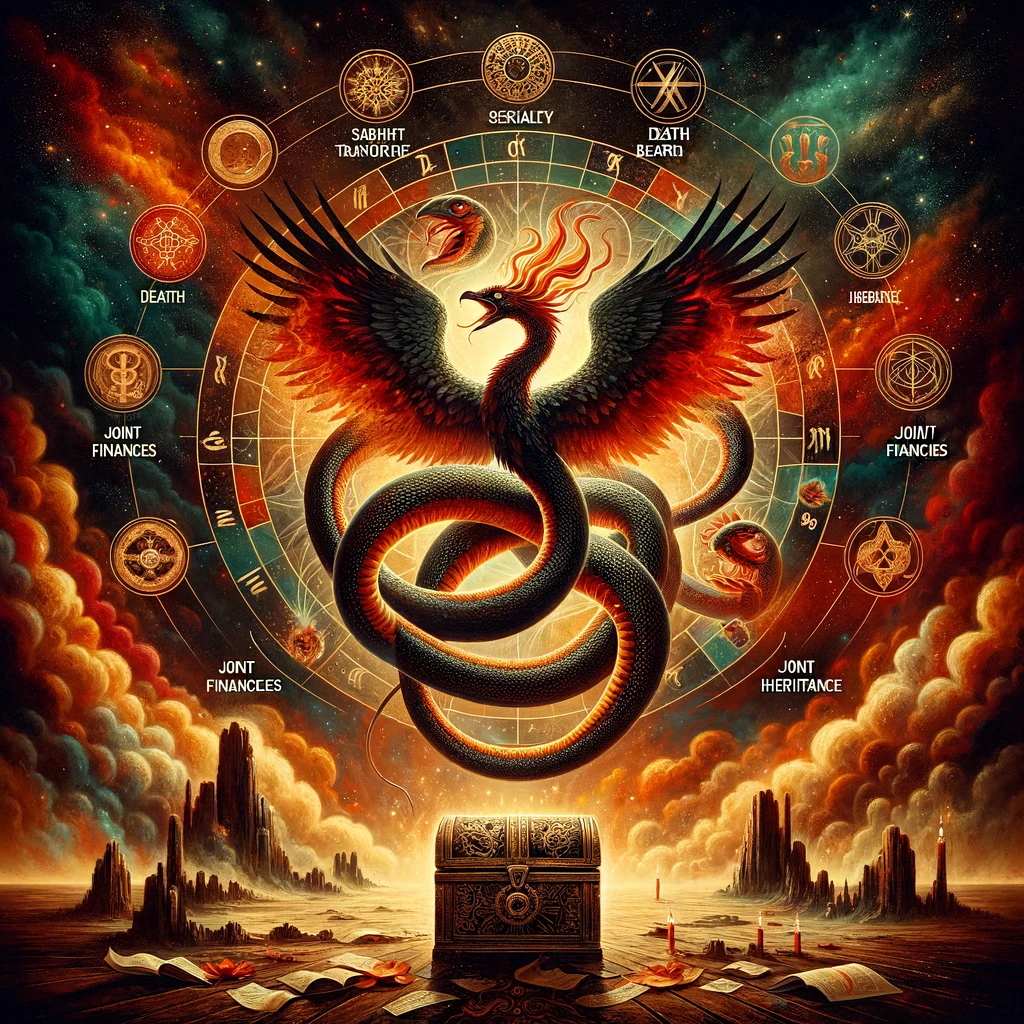
TRANSFORMATION
The eighth house is about transformation and change, sexuality, death, rebirth, joint finances, and inheritance.
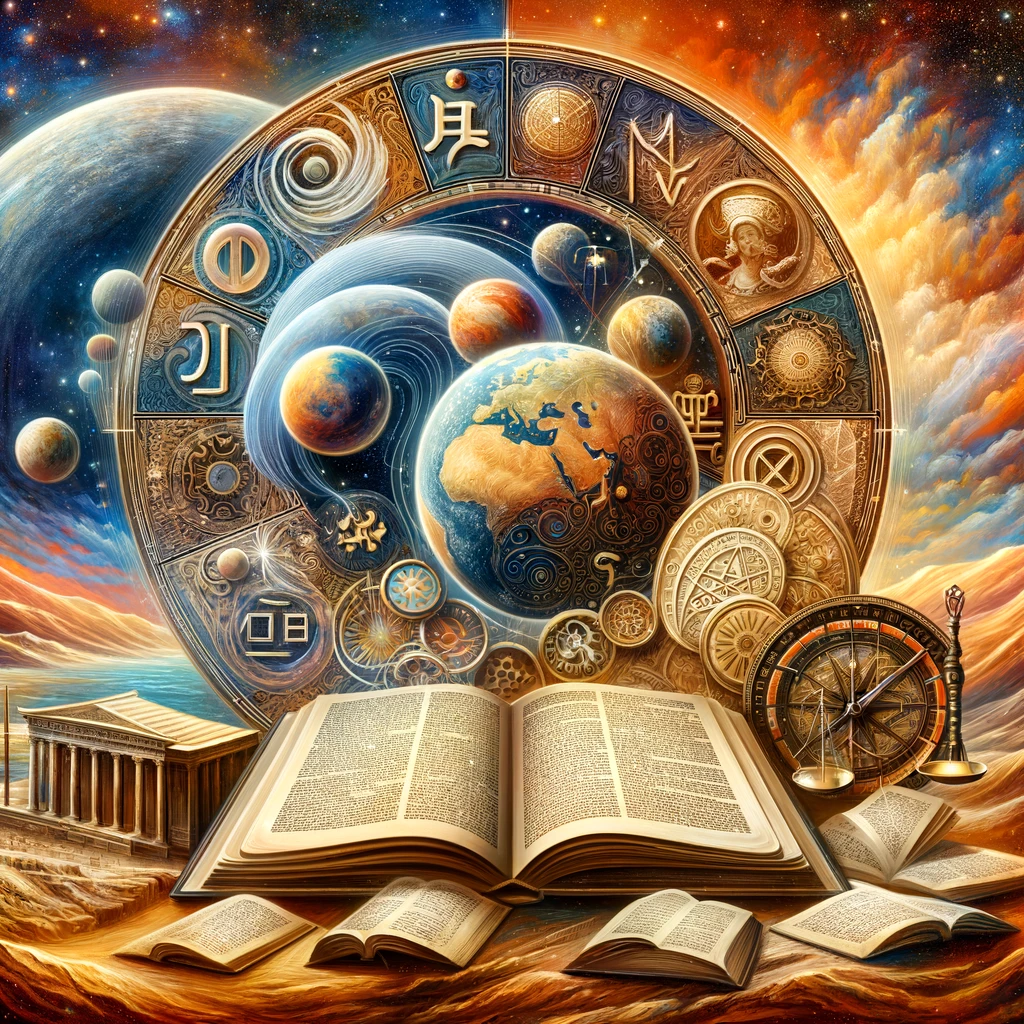
PHILOSOPHY
The ninth house covers higher education, long-distance travel, foreign languages and cultures, publishing, and legal matters.

SOCIAL STATUS
The tenth house, "Midheaven," rules career, reputation, ambition, achievements, public image, and authority figures.
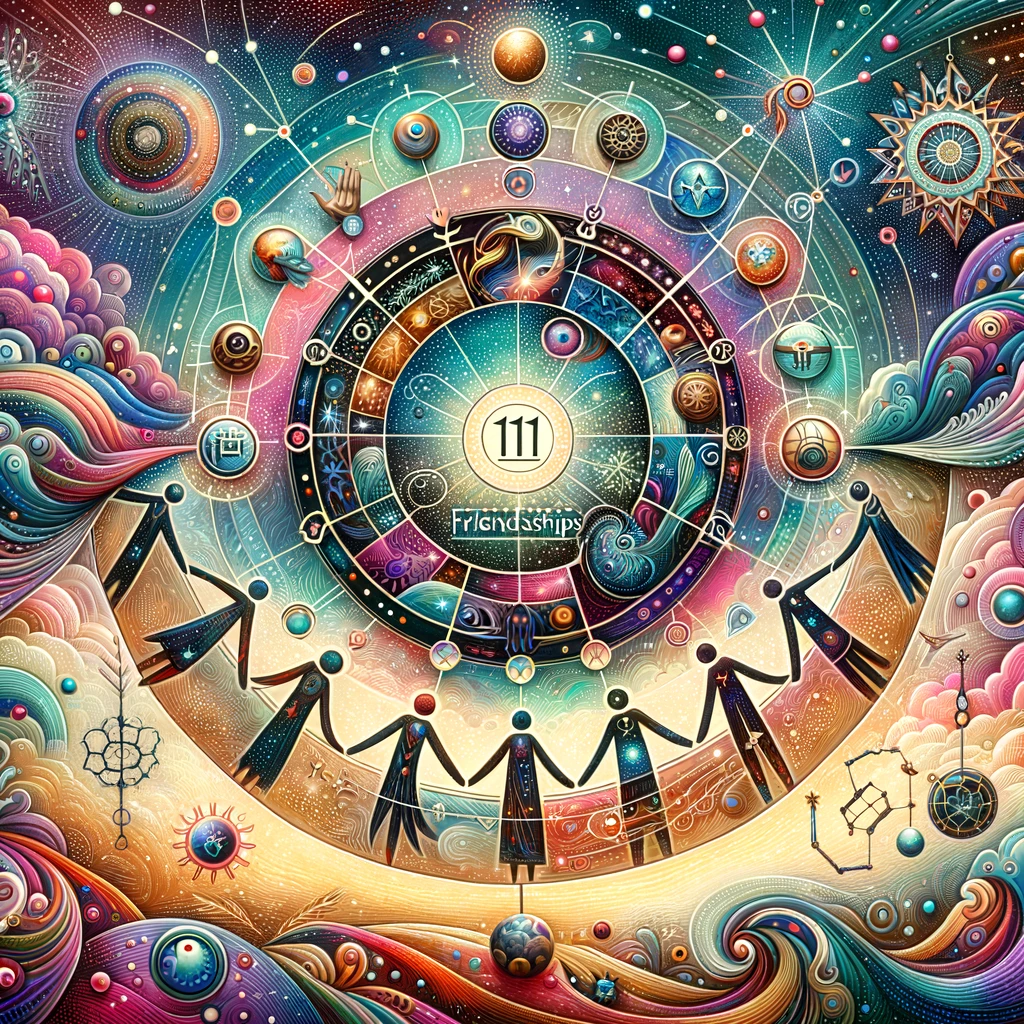
FRIENDSHIPS
The eleventh house is associated with friendships, groups, social circles, hopes, and dreams.
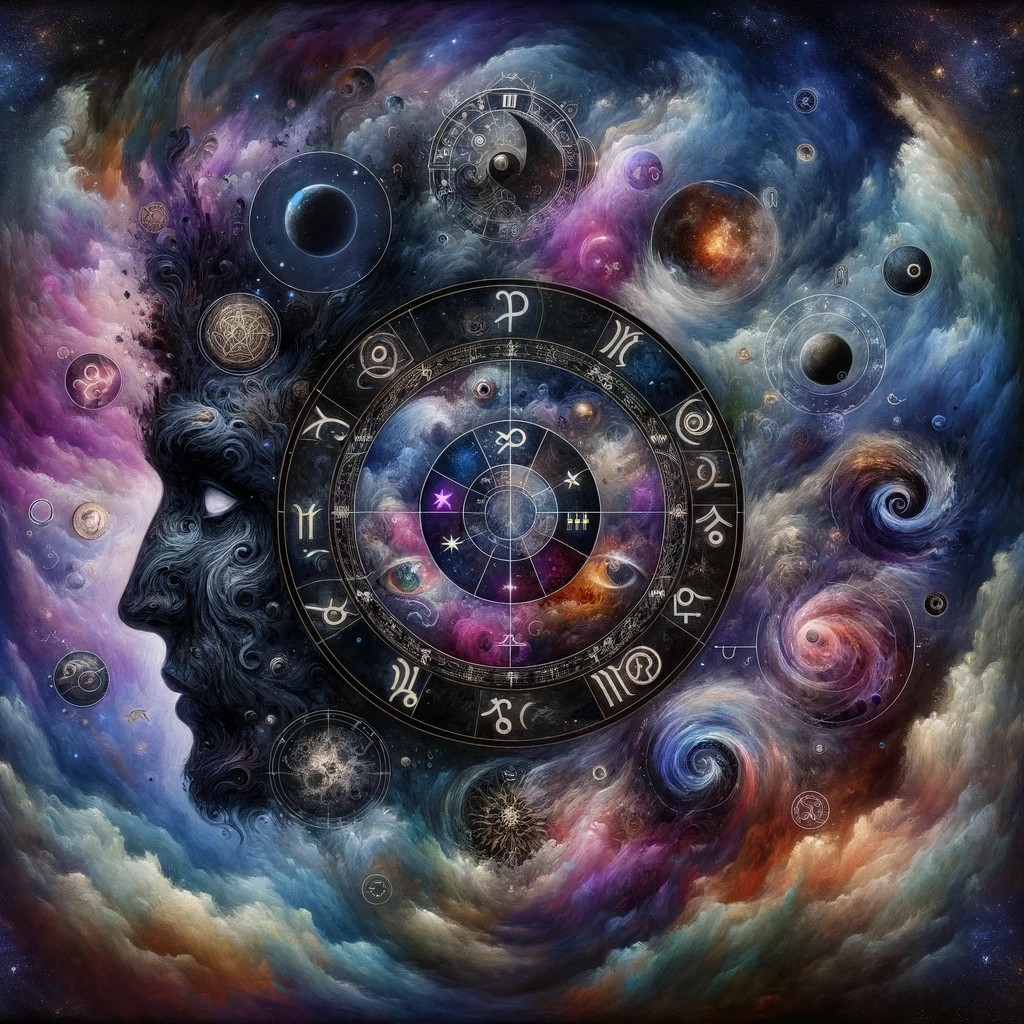
THE UNCONSCIOUS
The twelfth house represents the subconscious mind, hidden strengths and weaknesses, secret fears, and the end of cycles.
